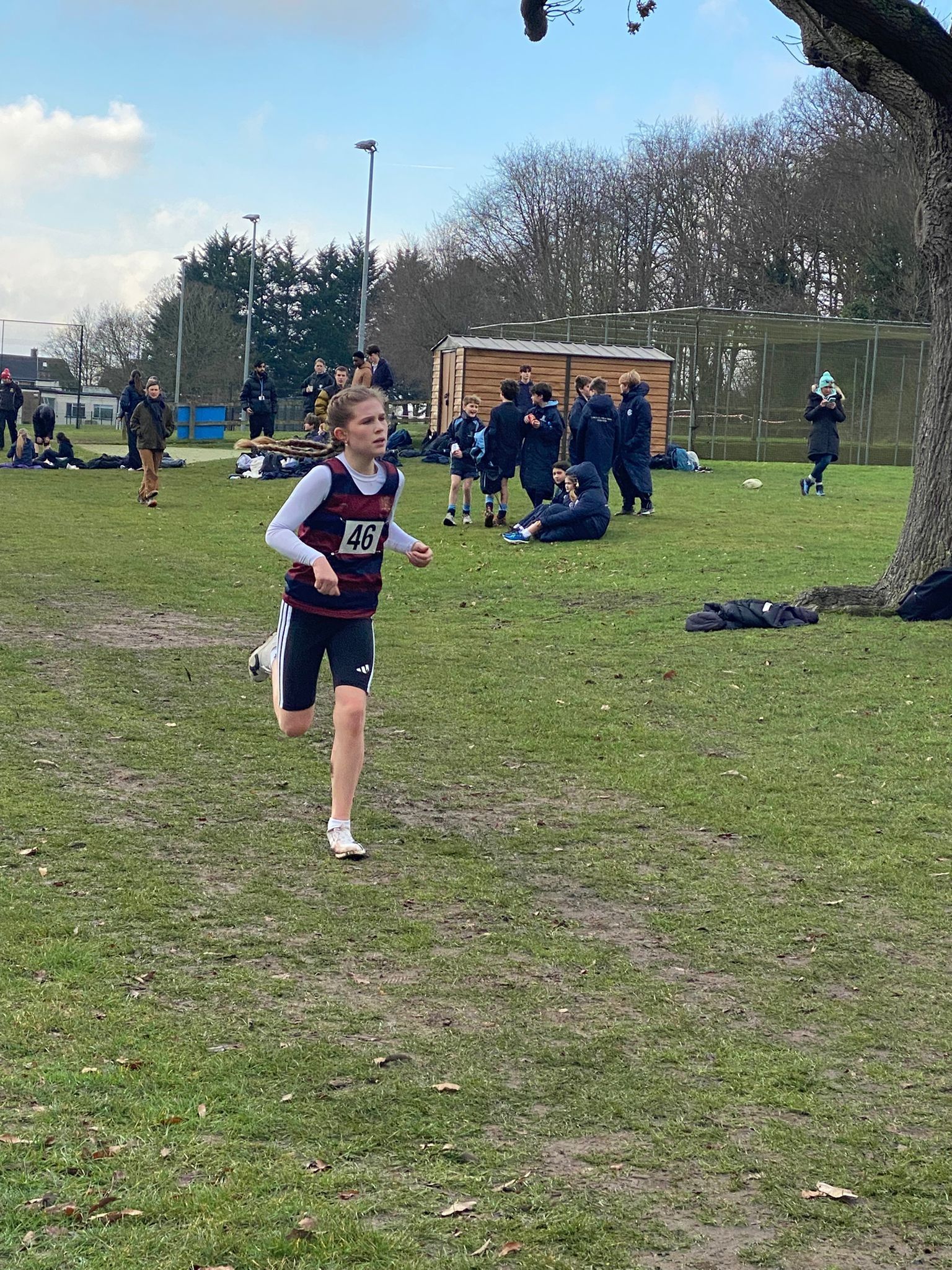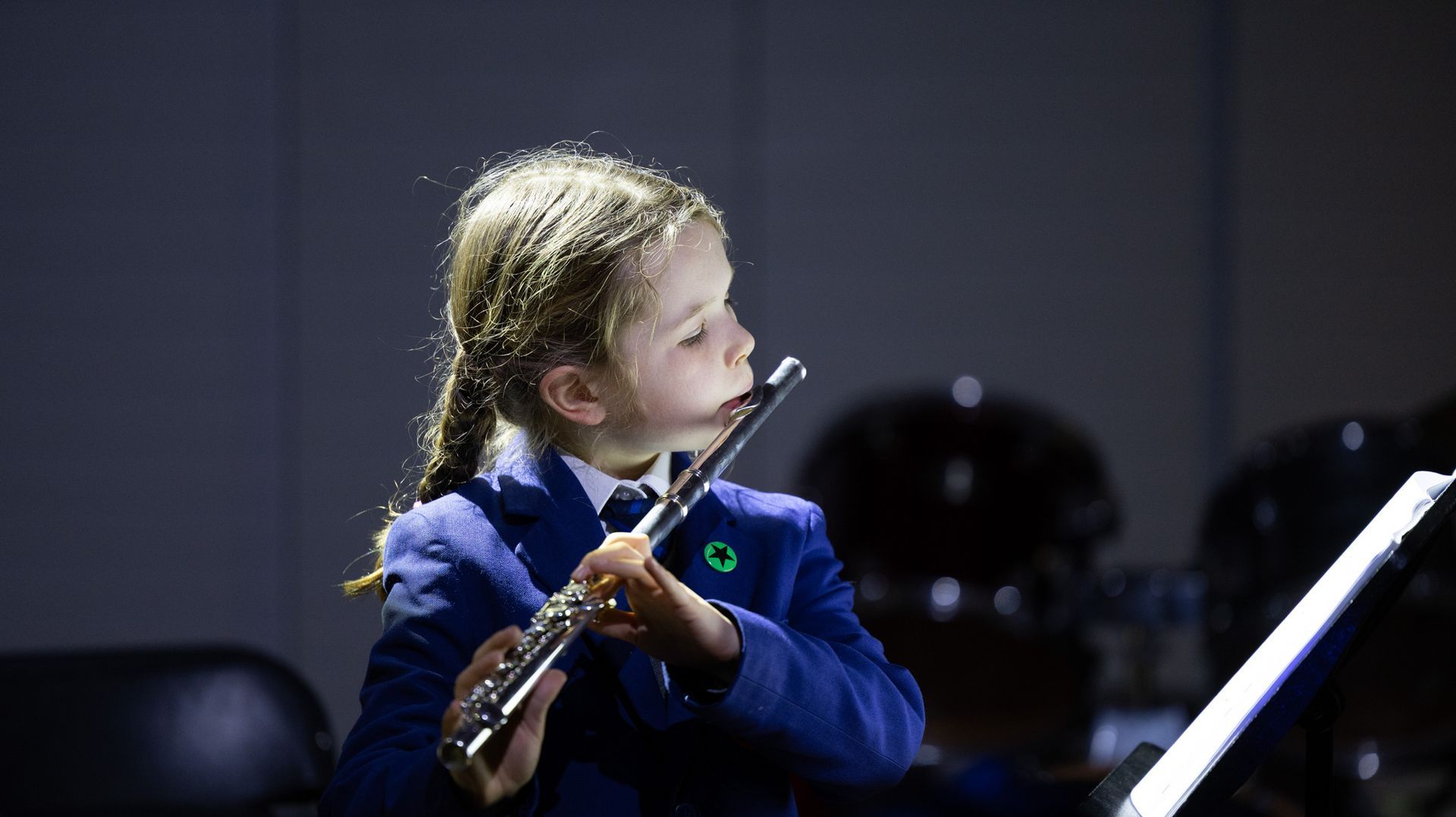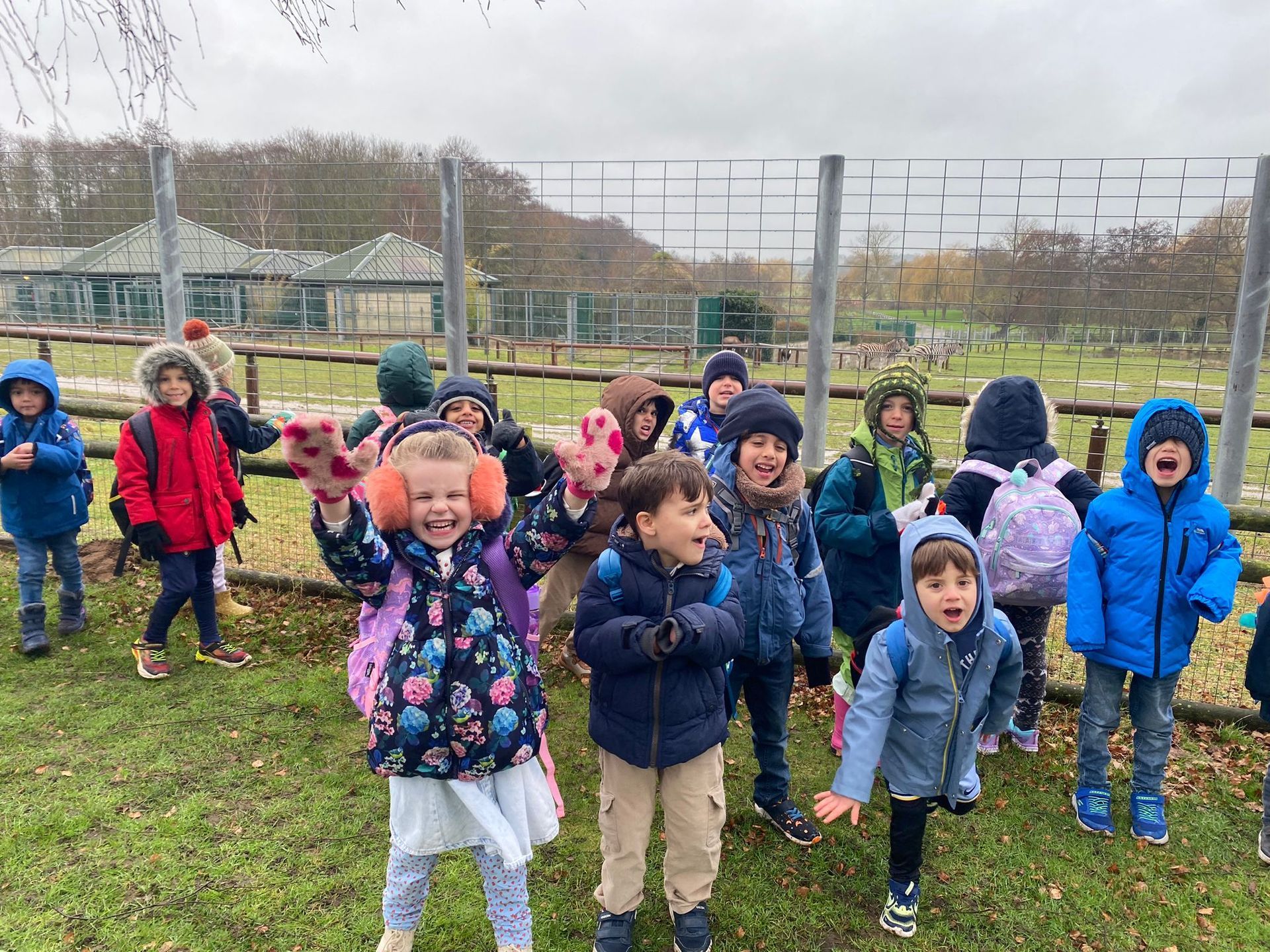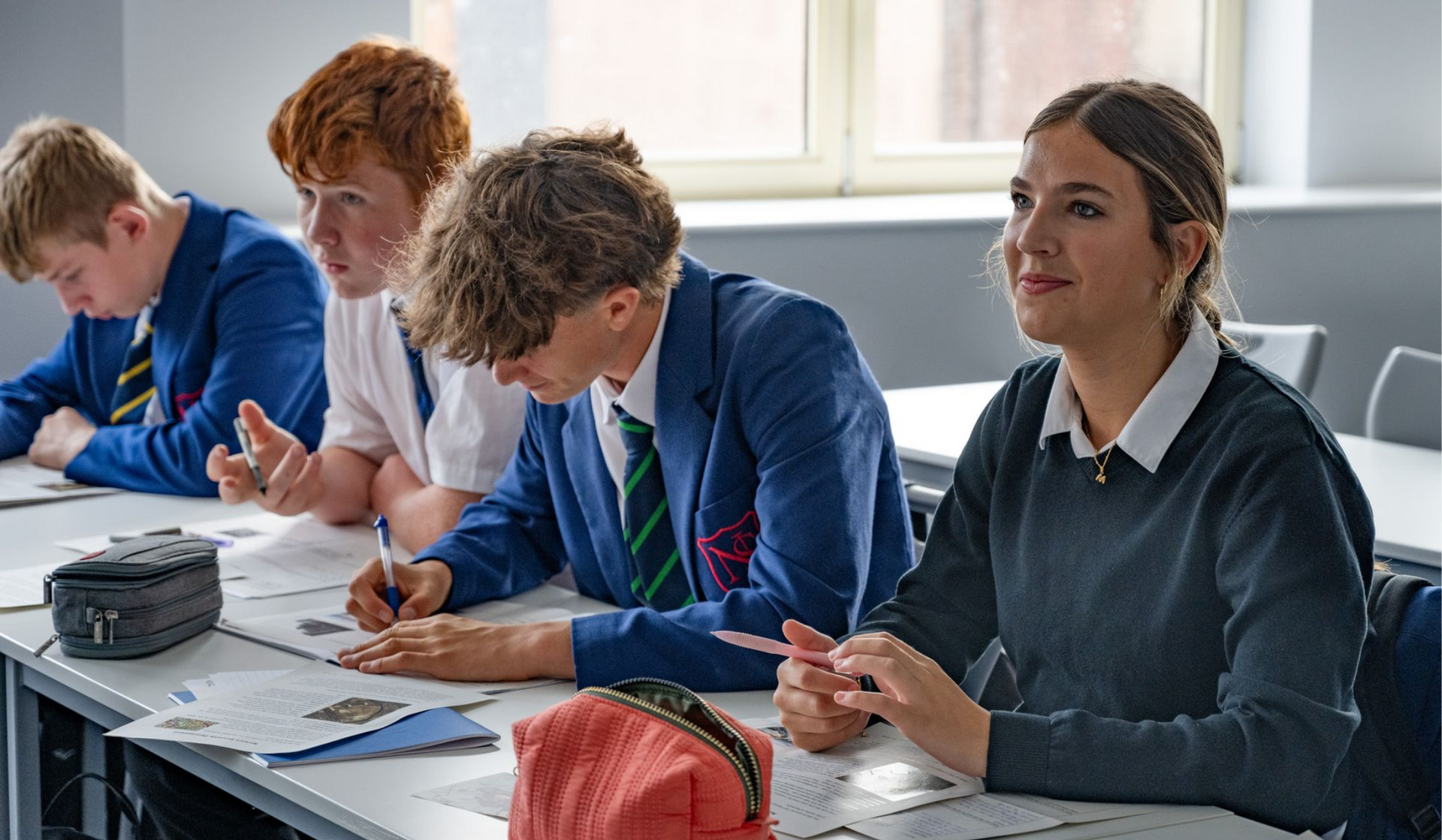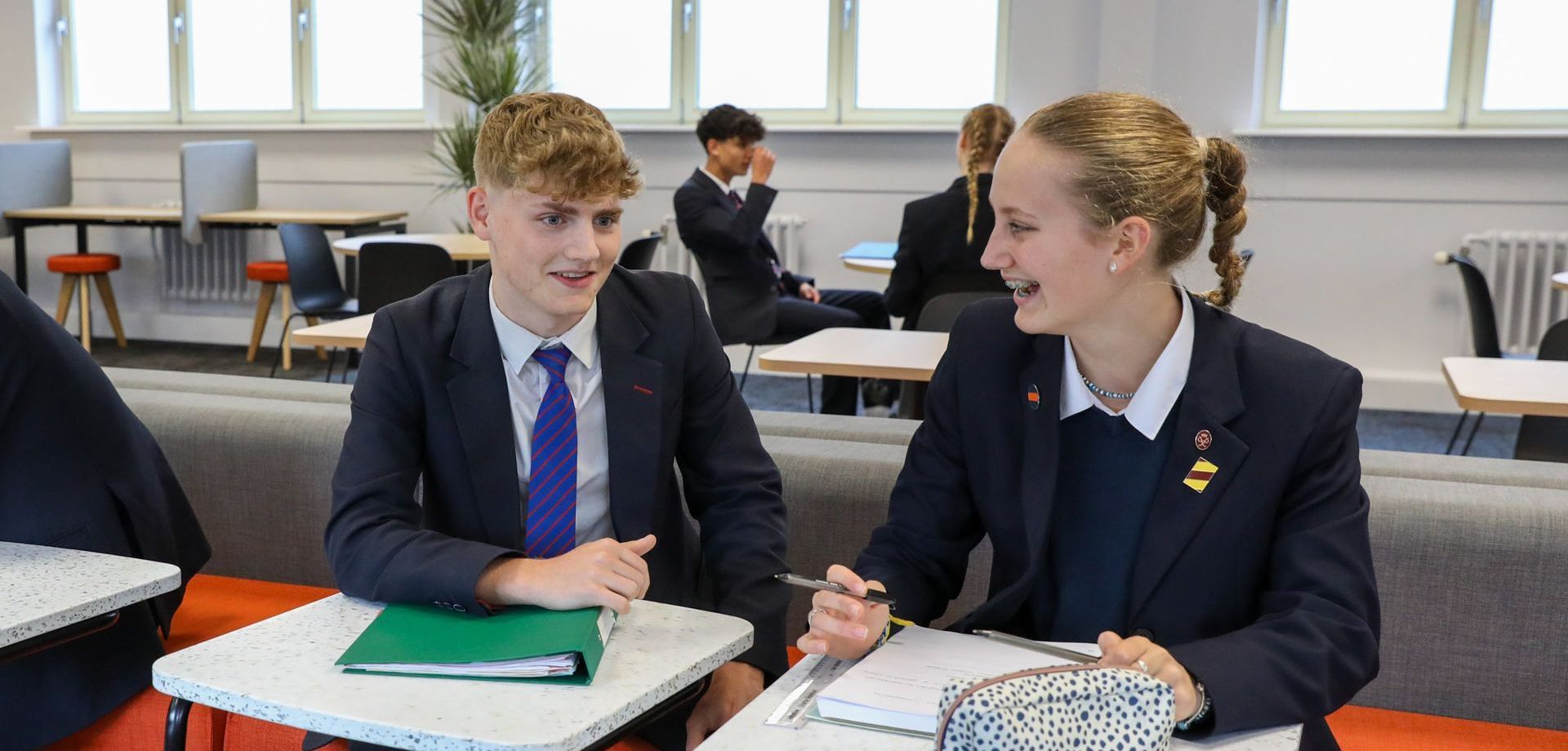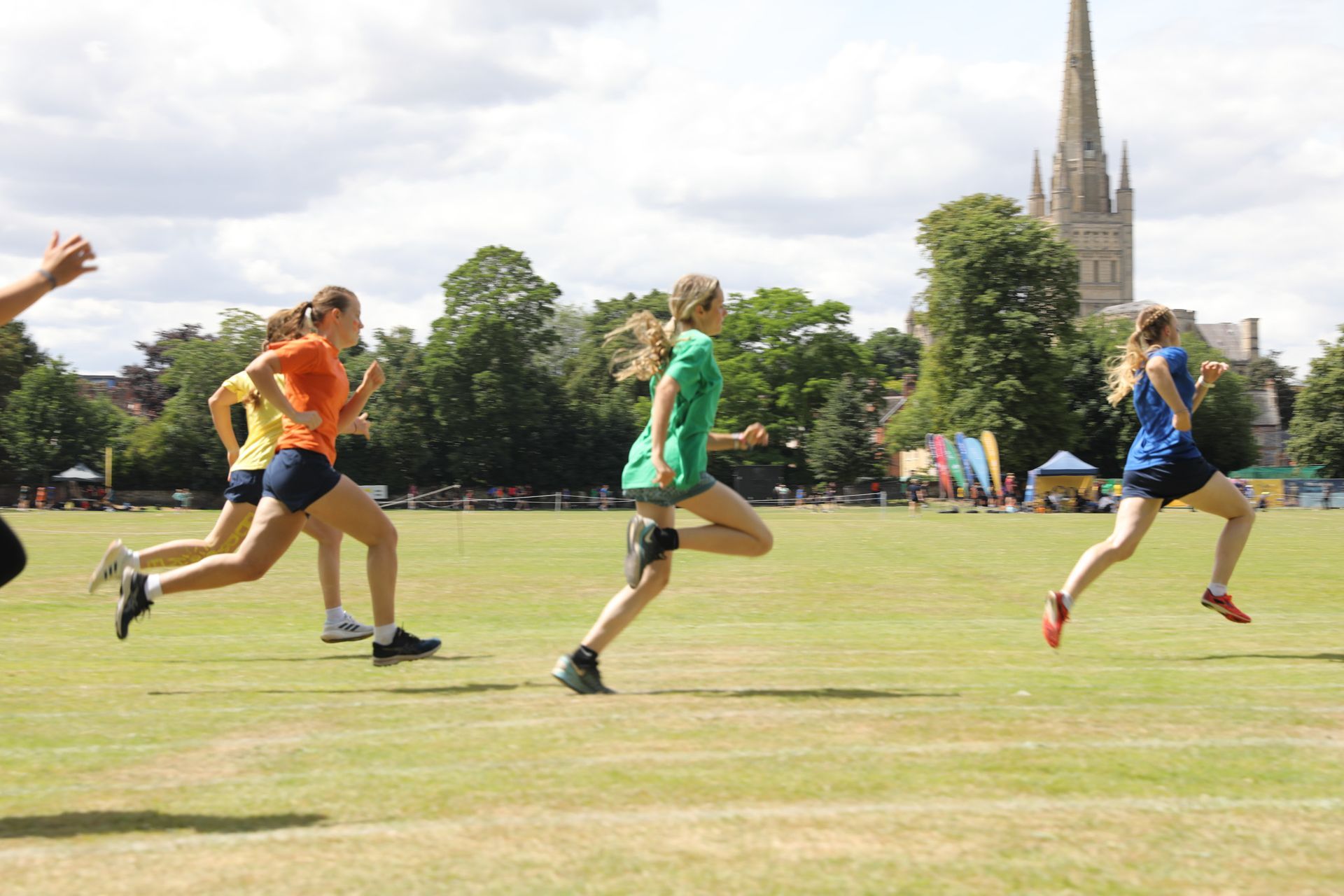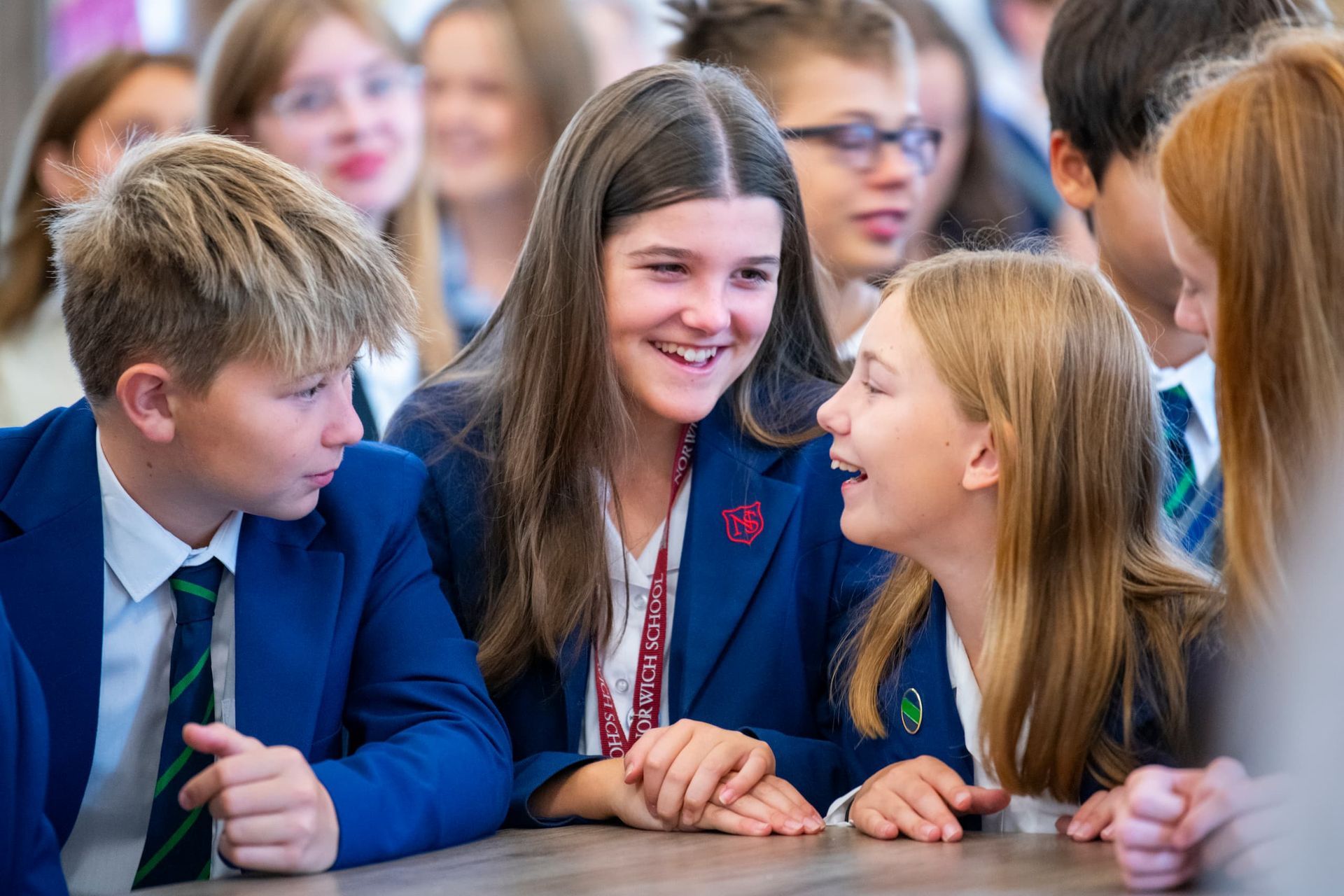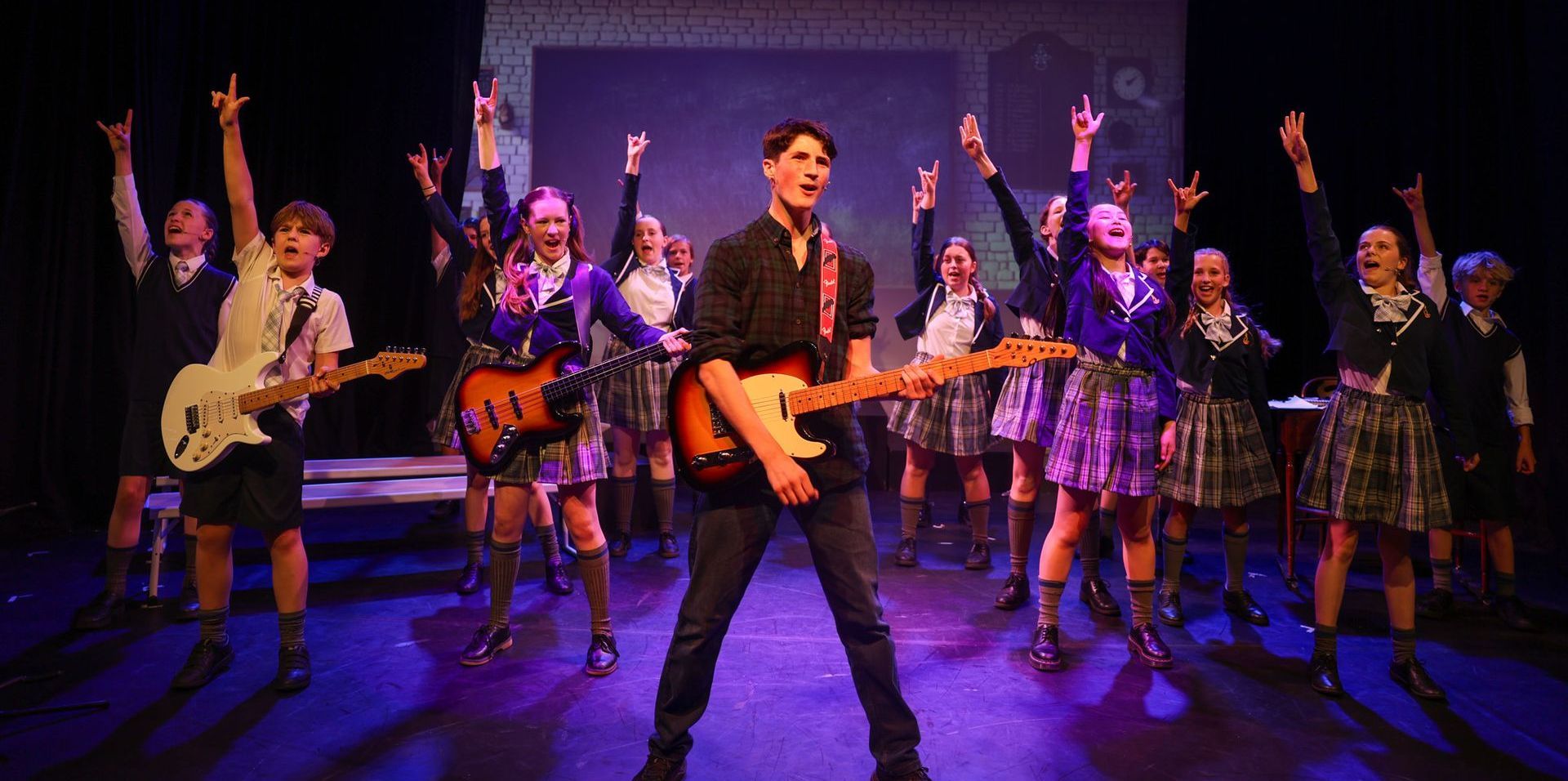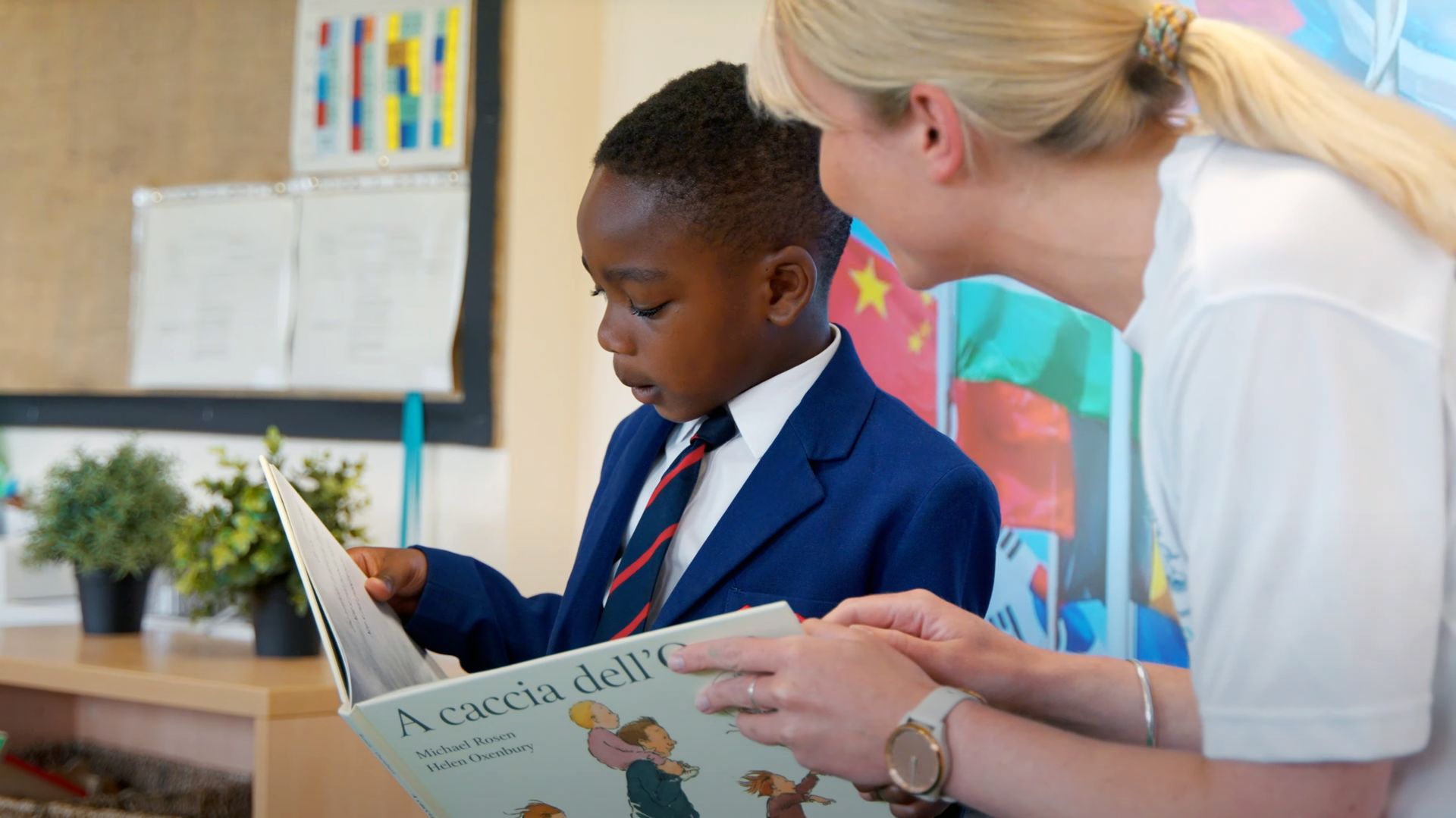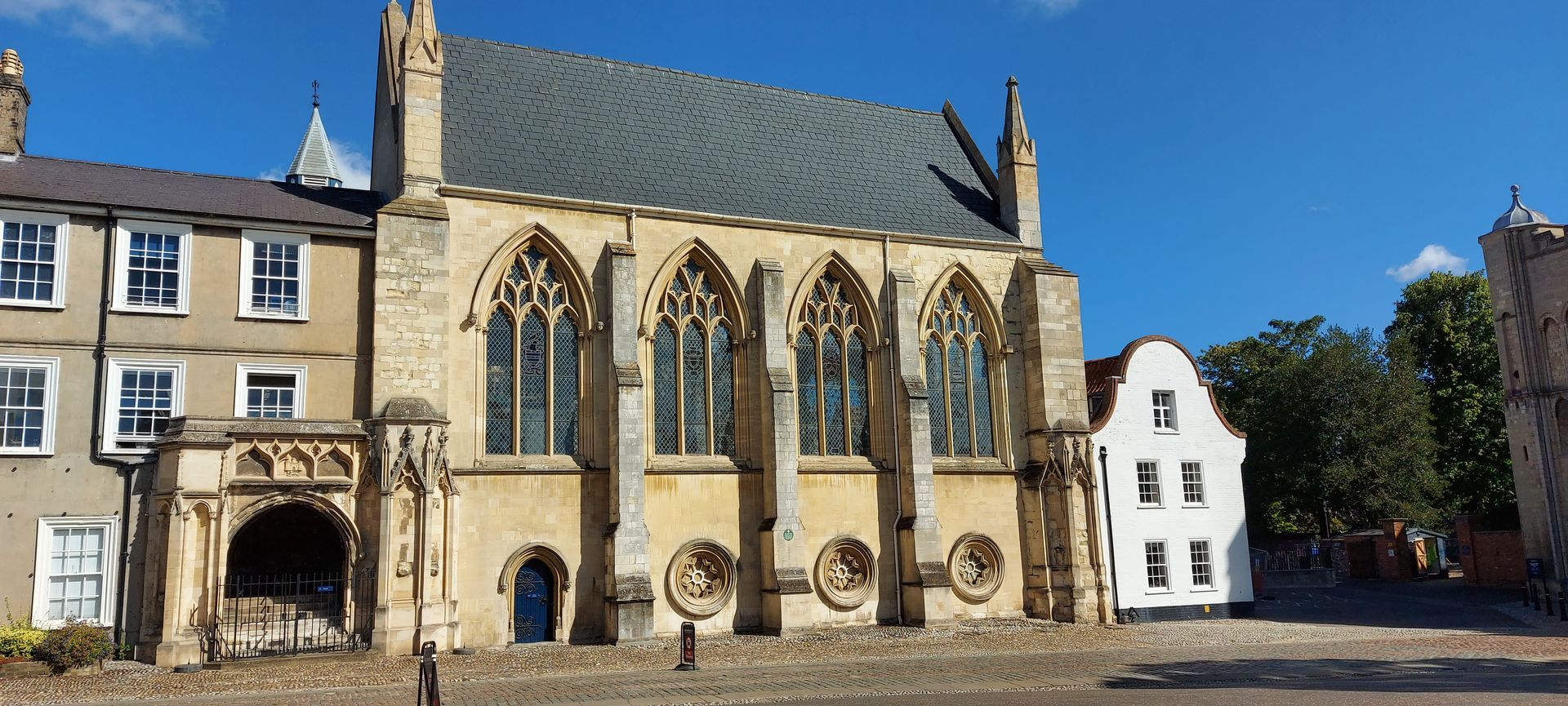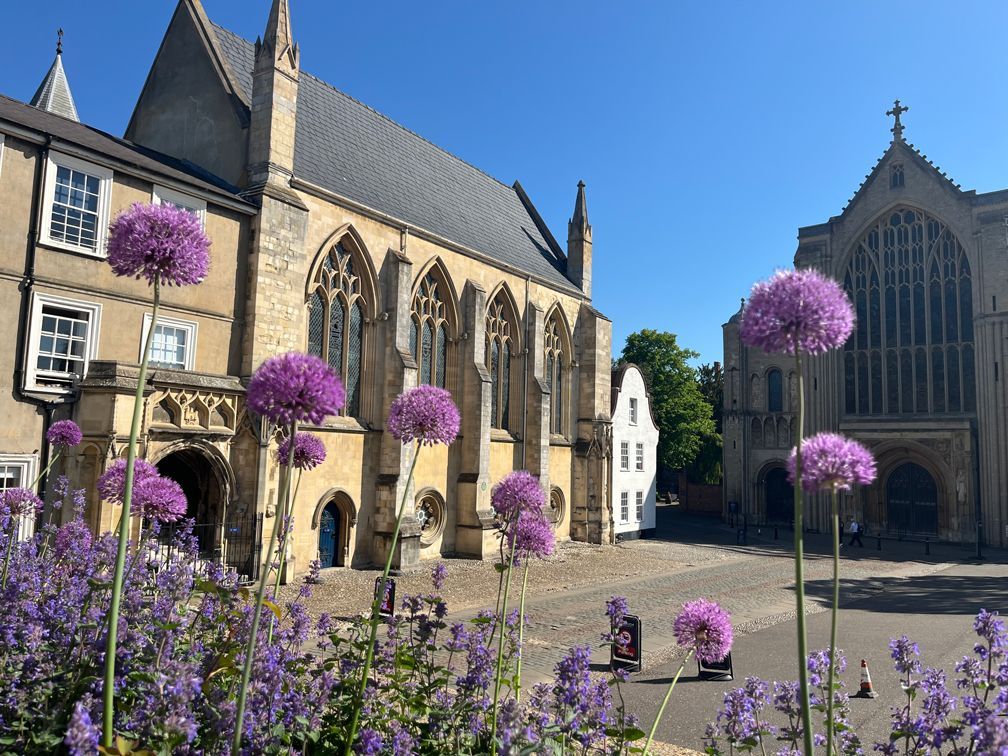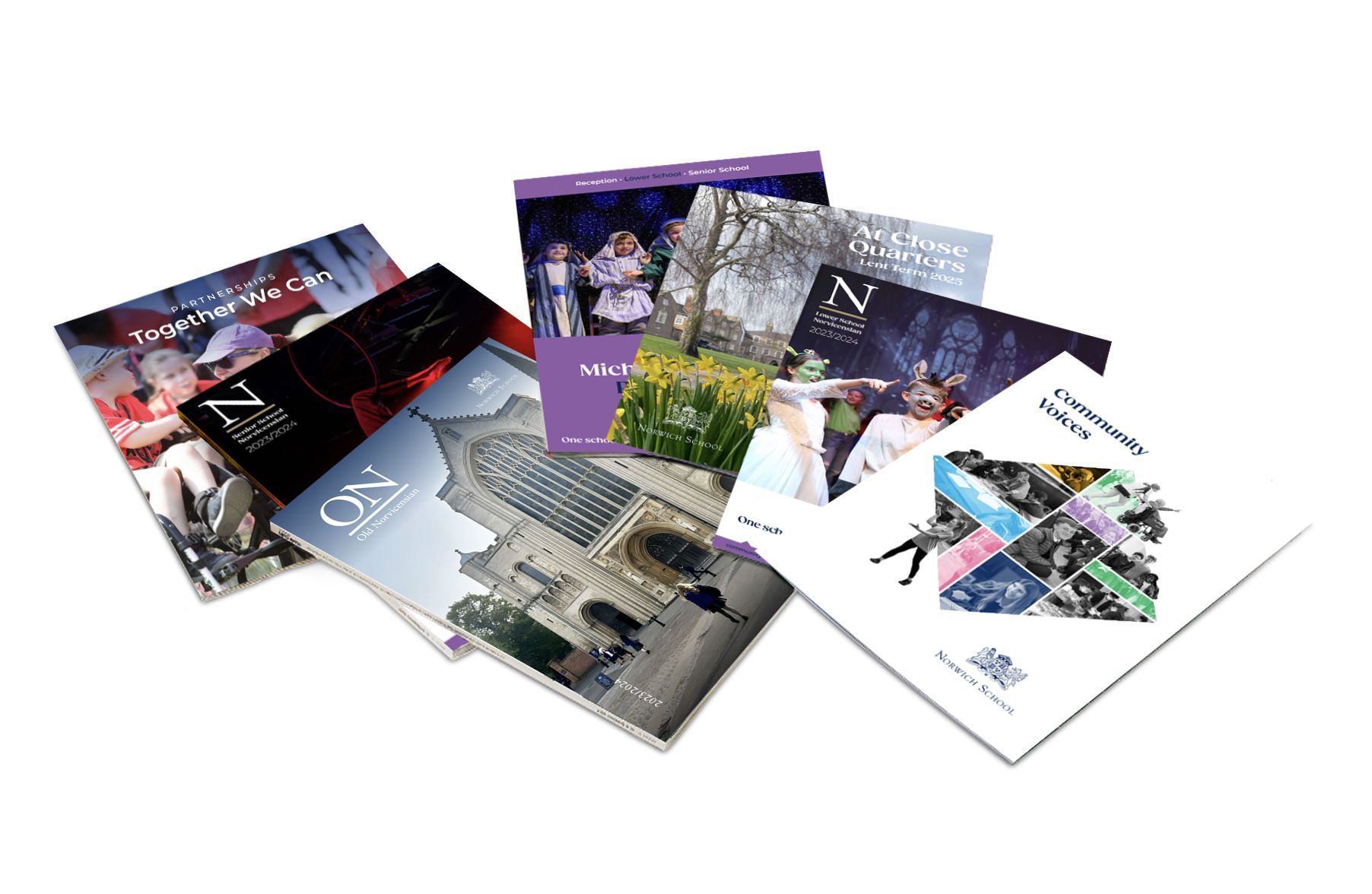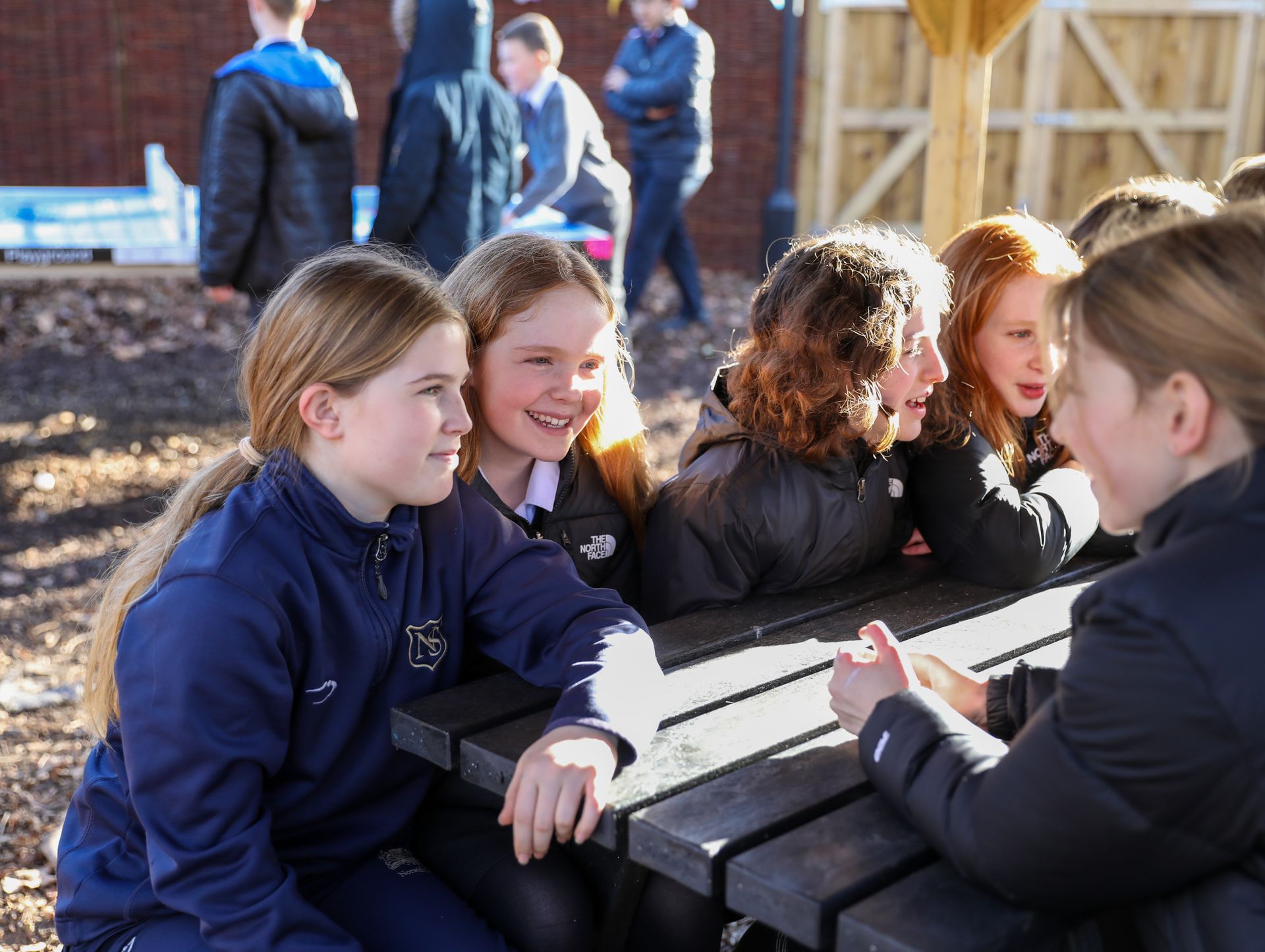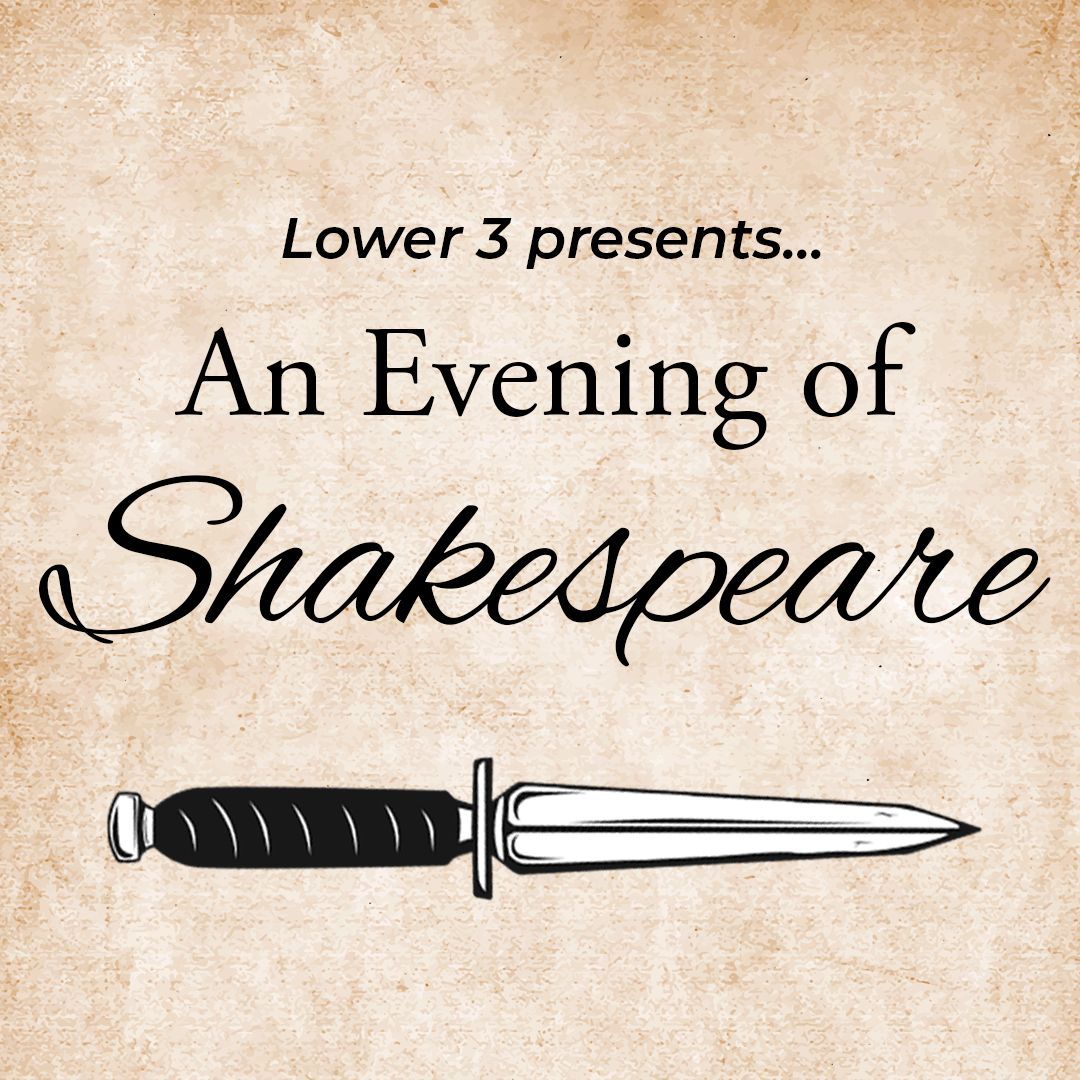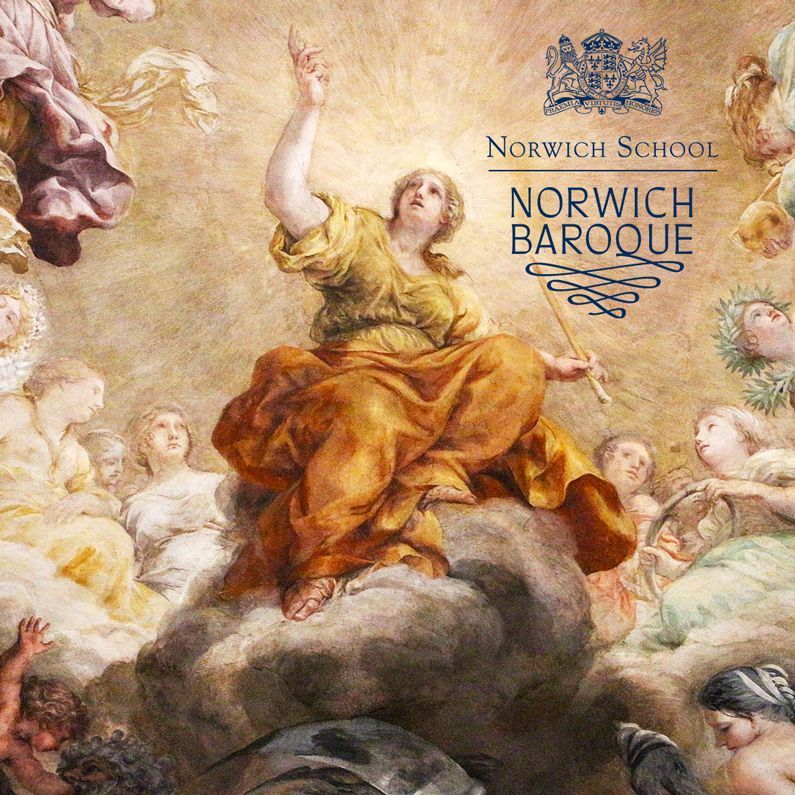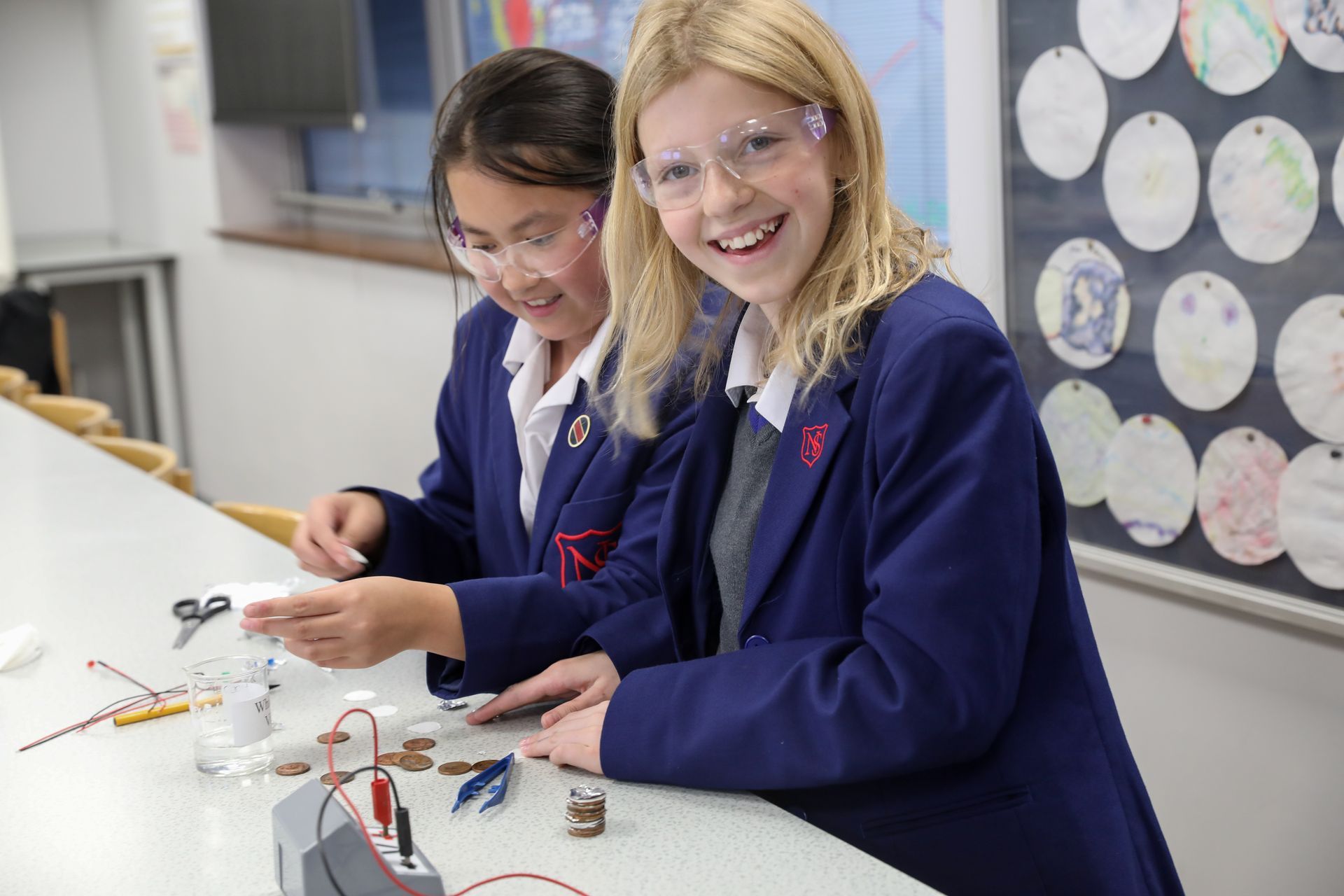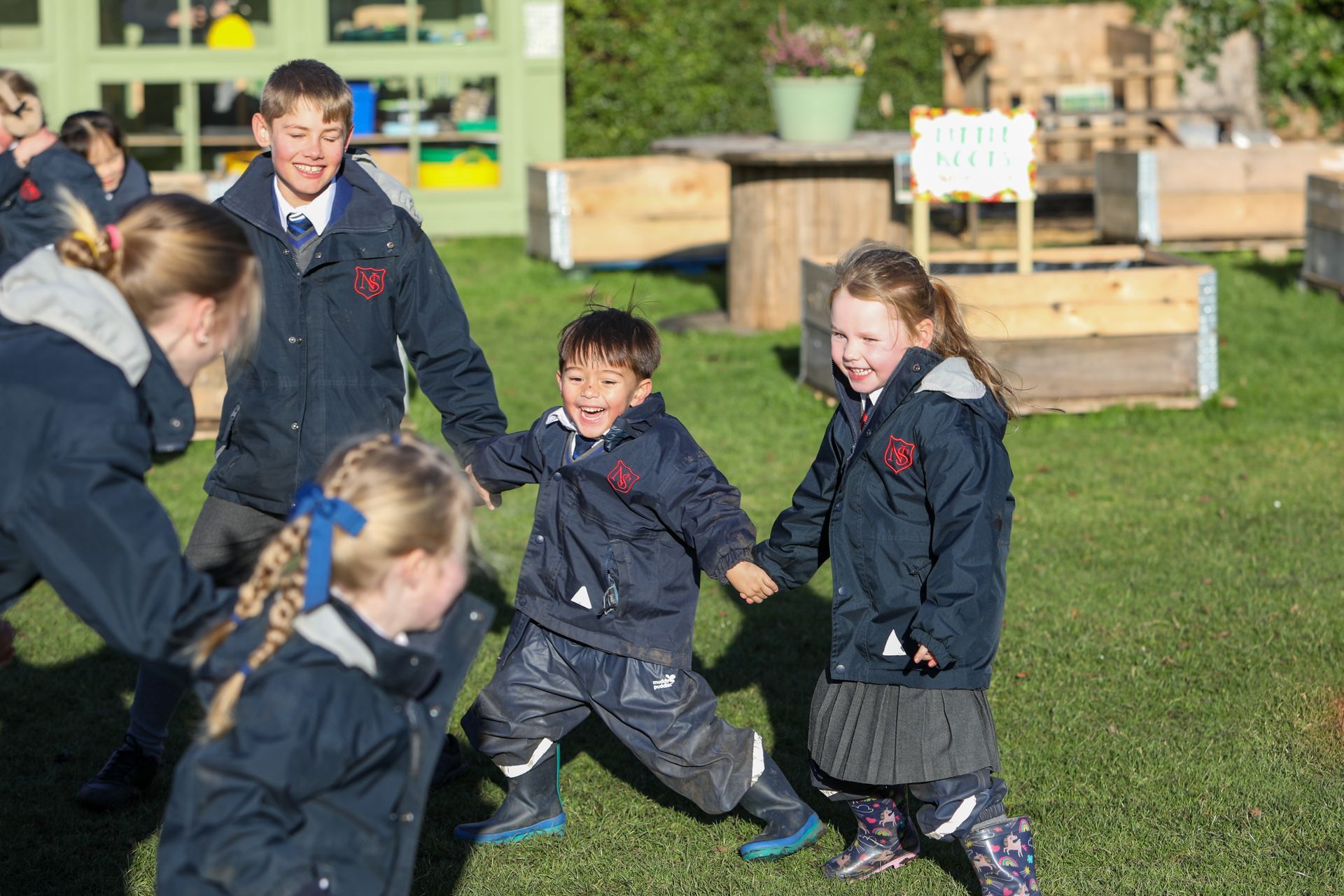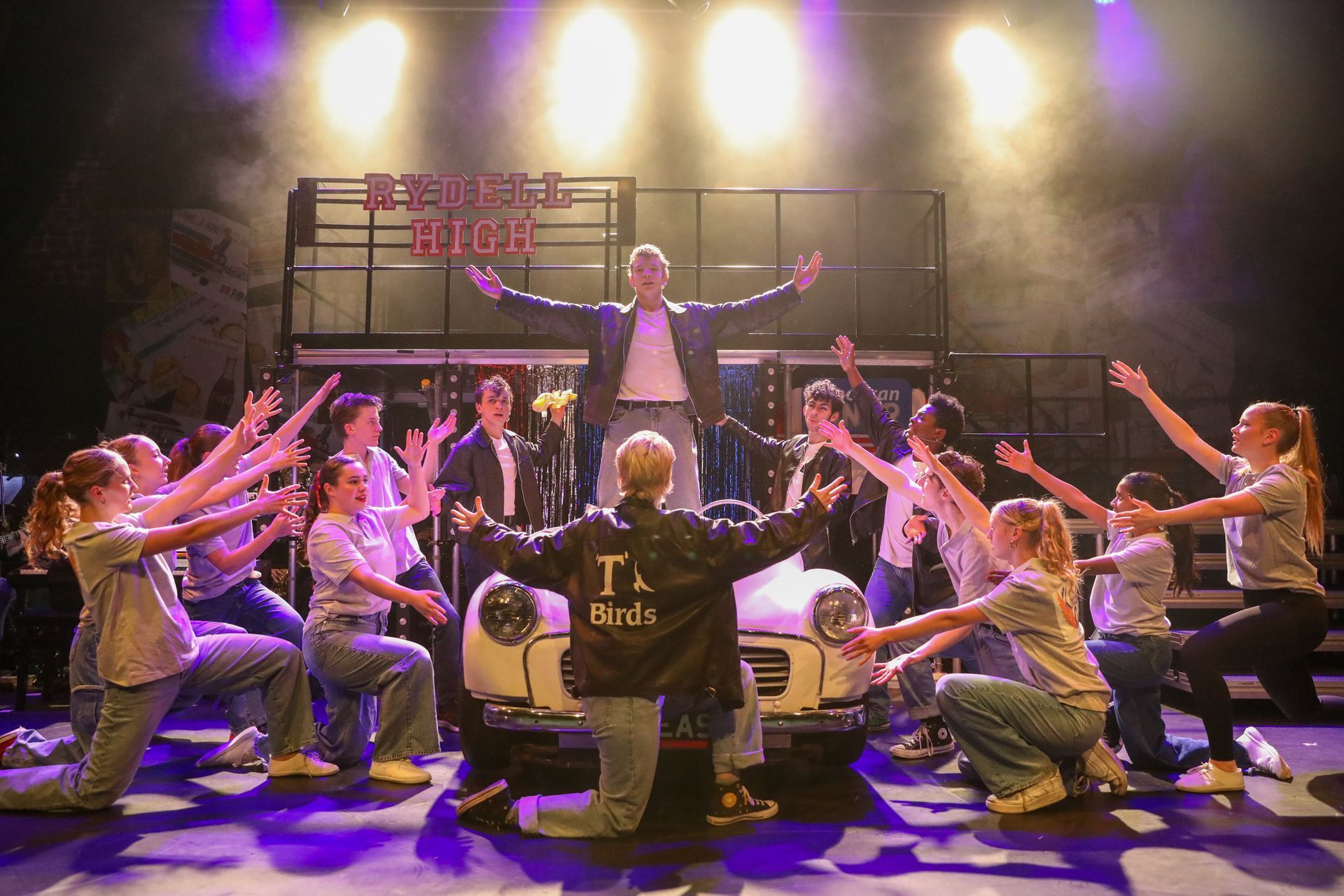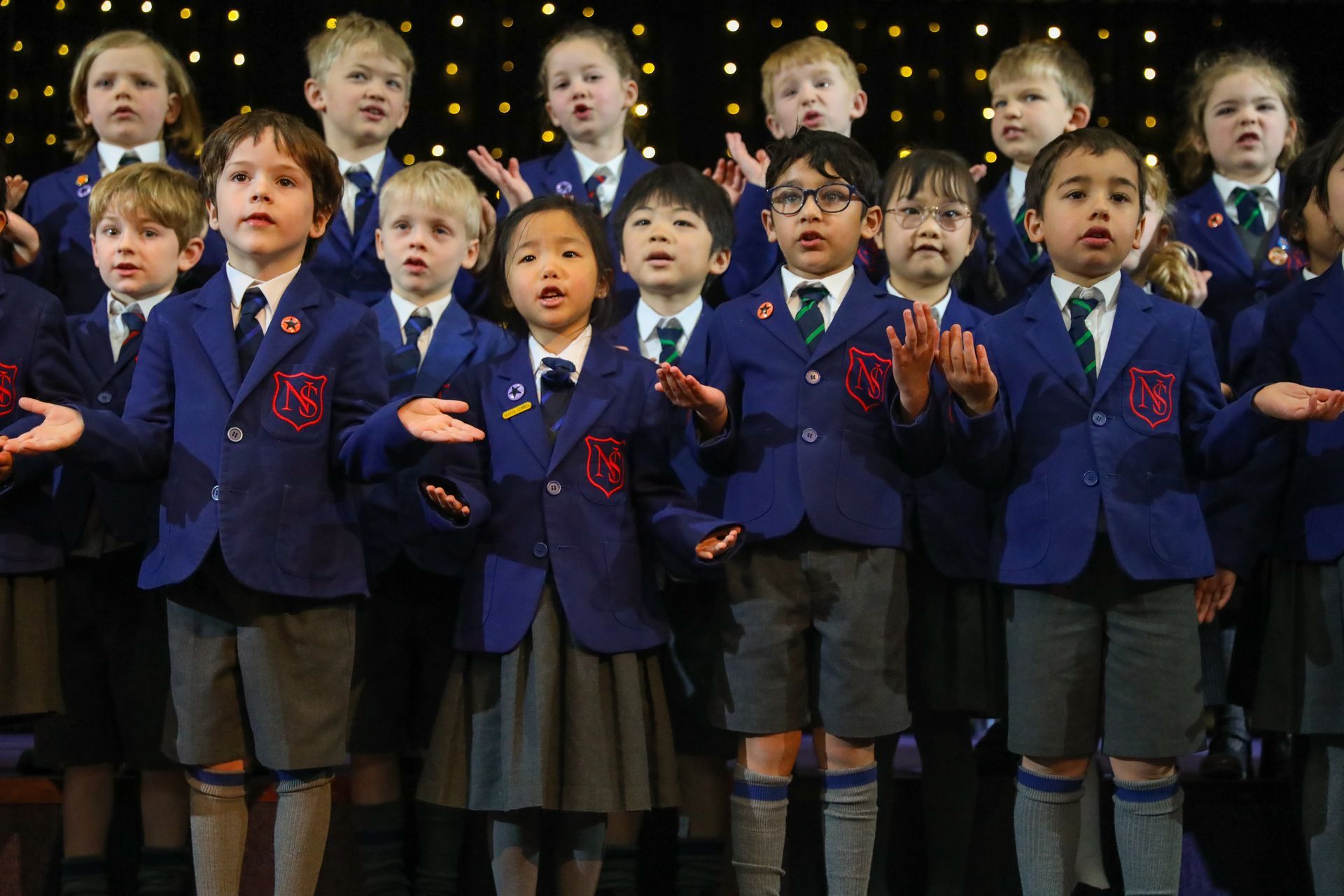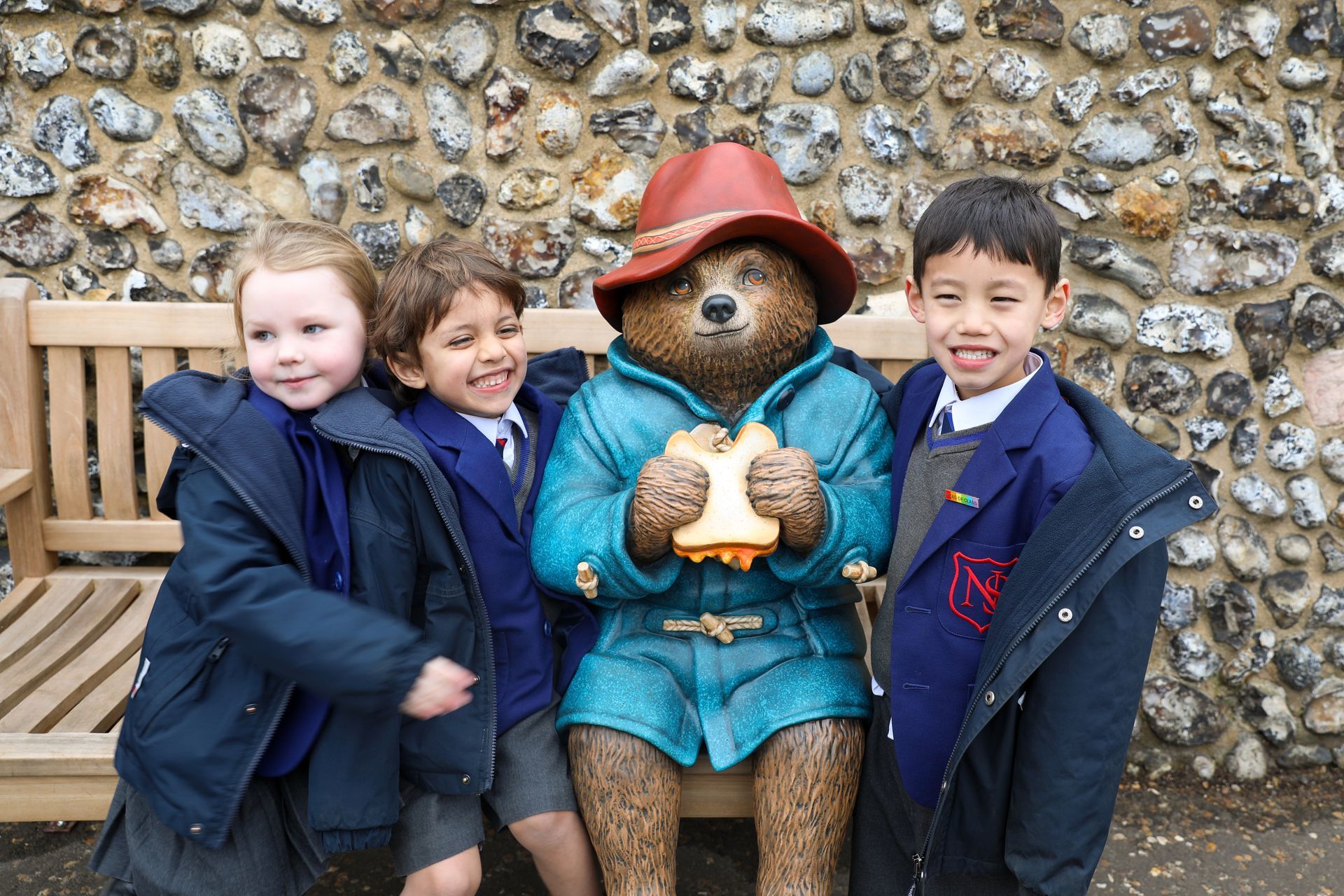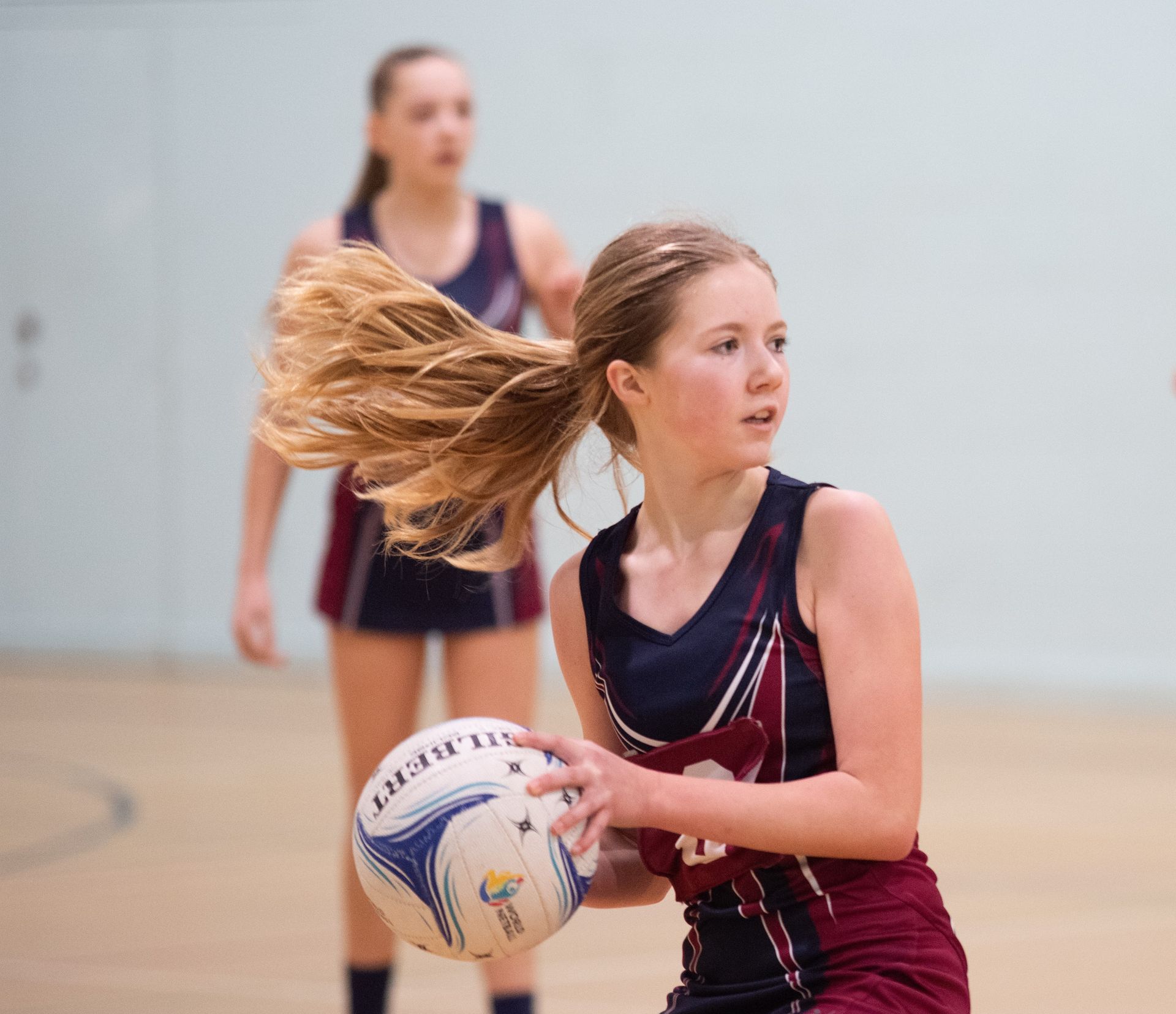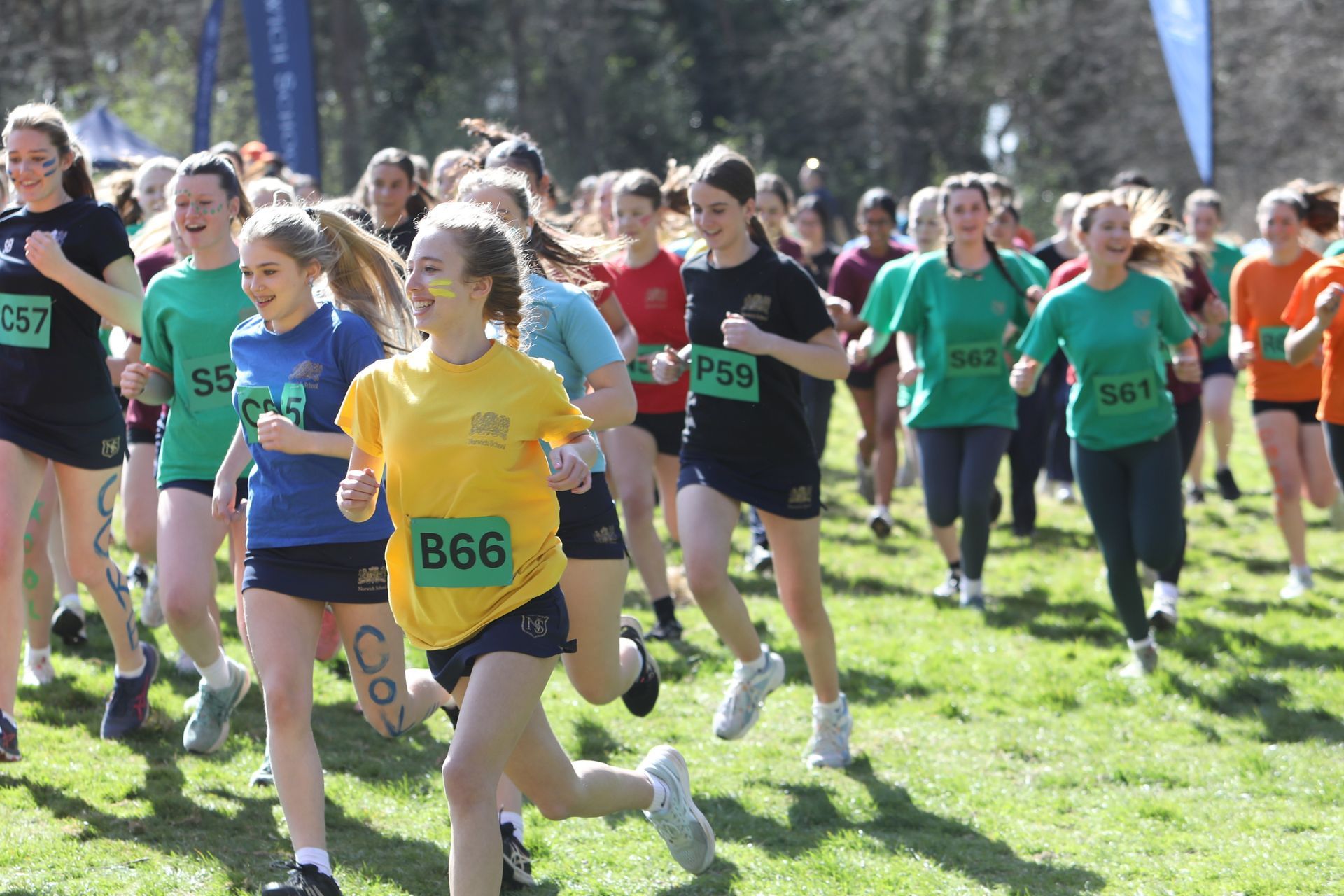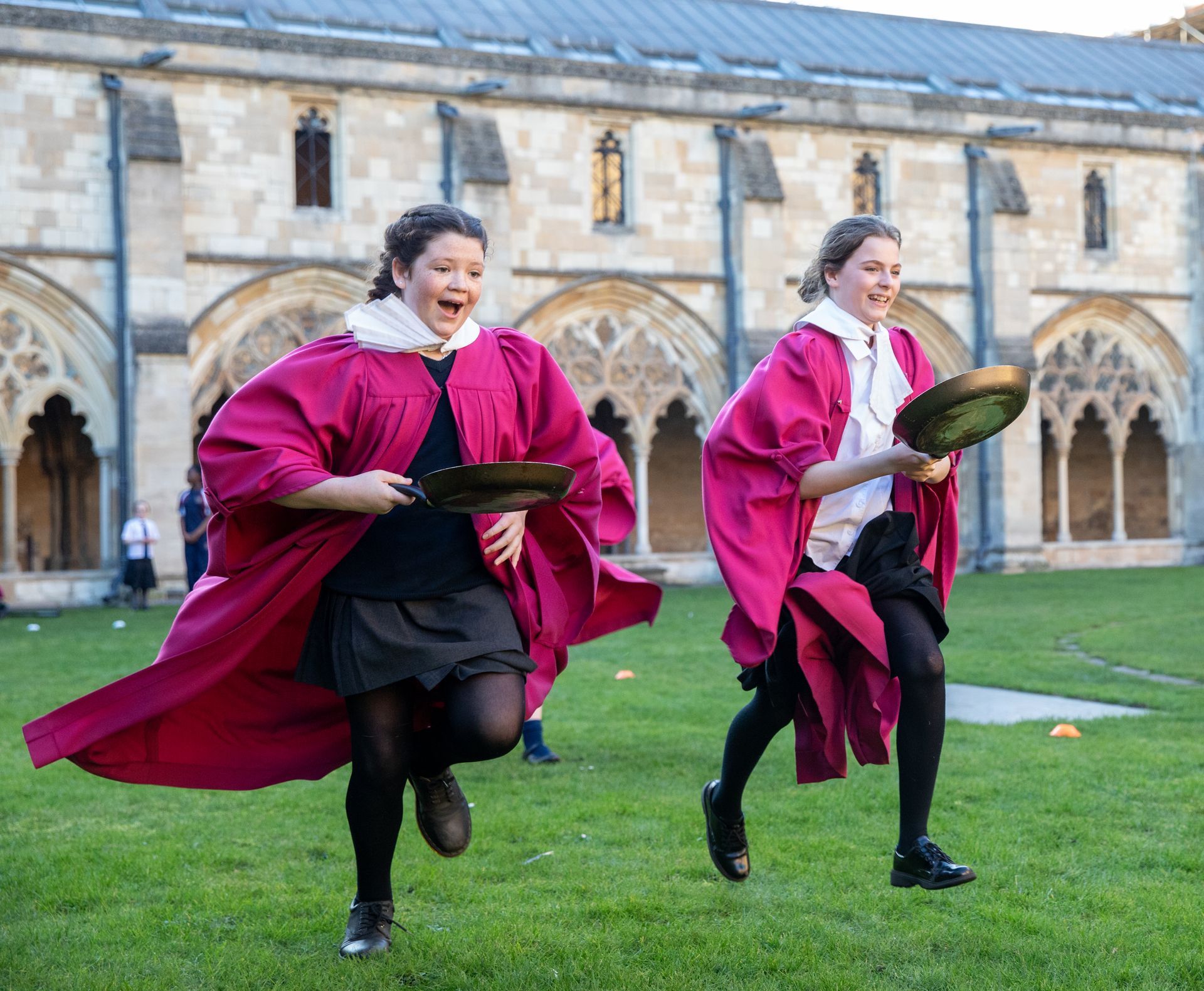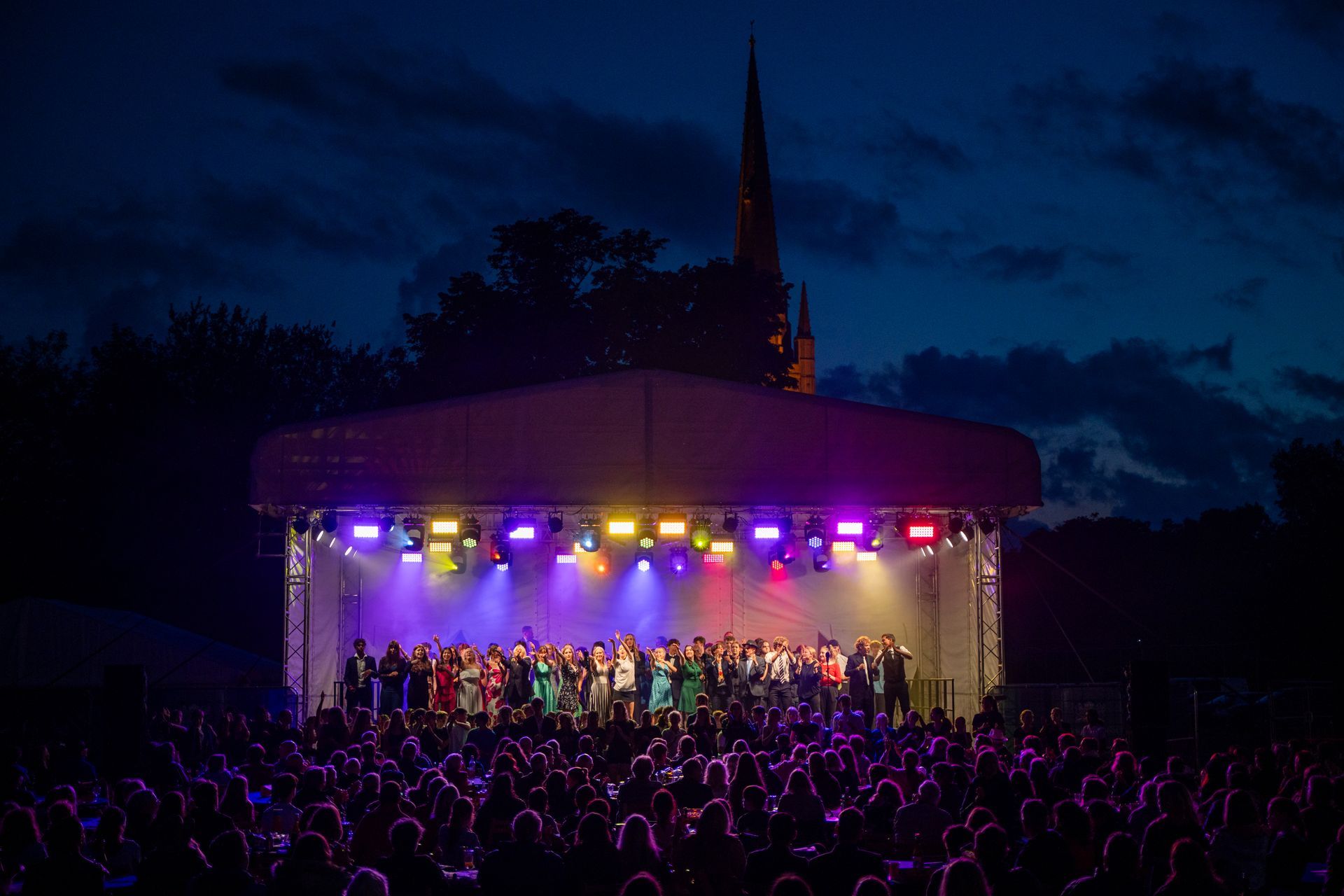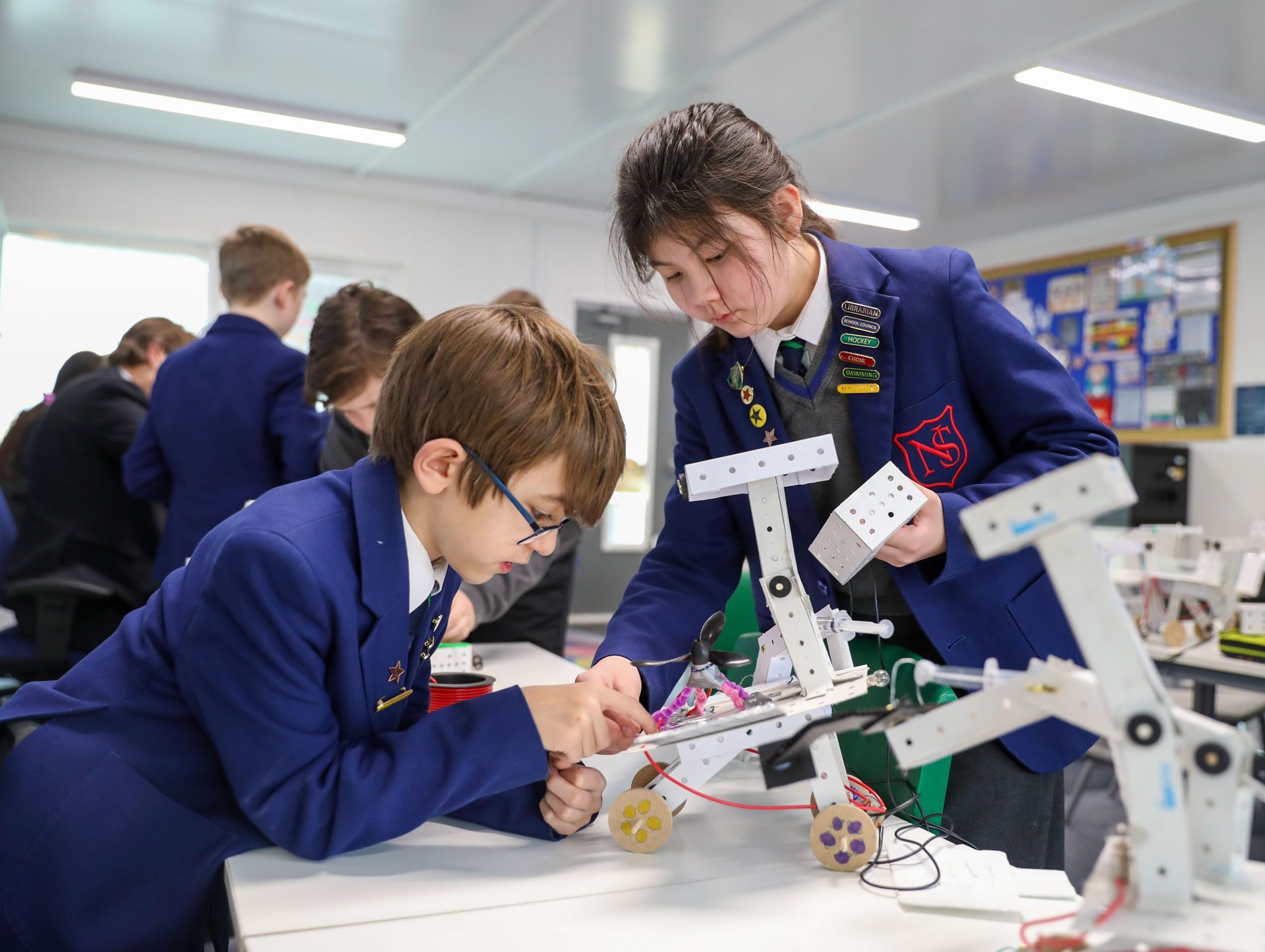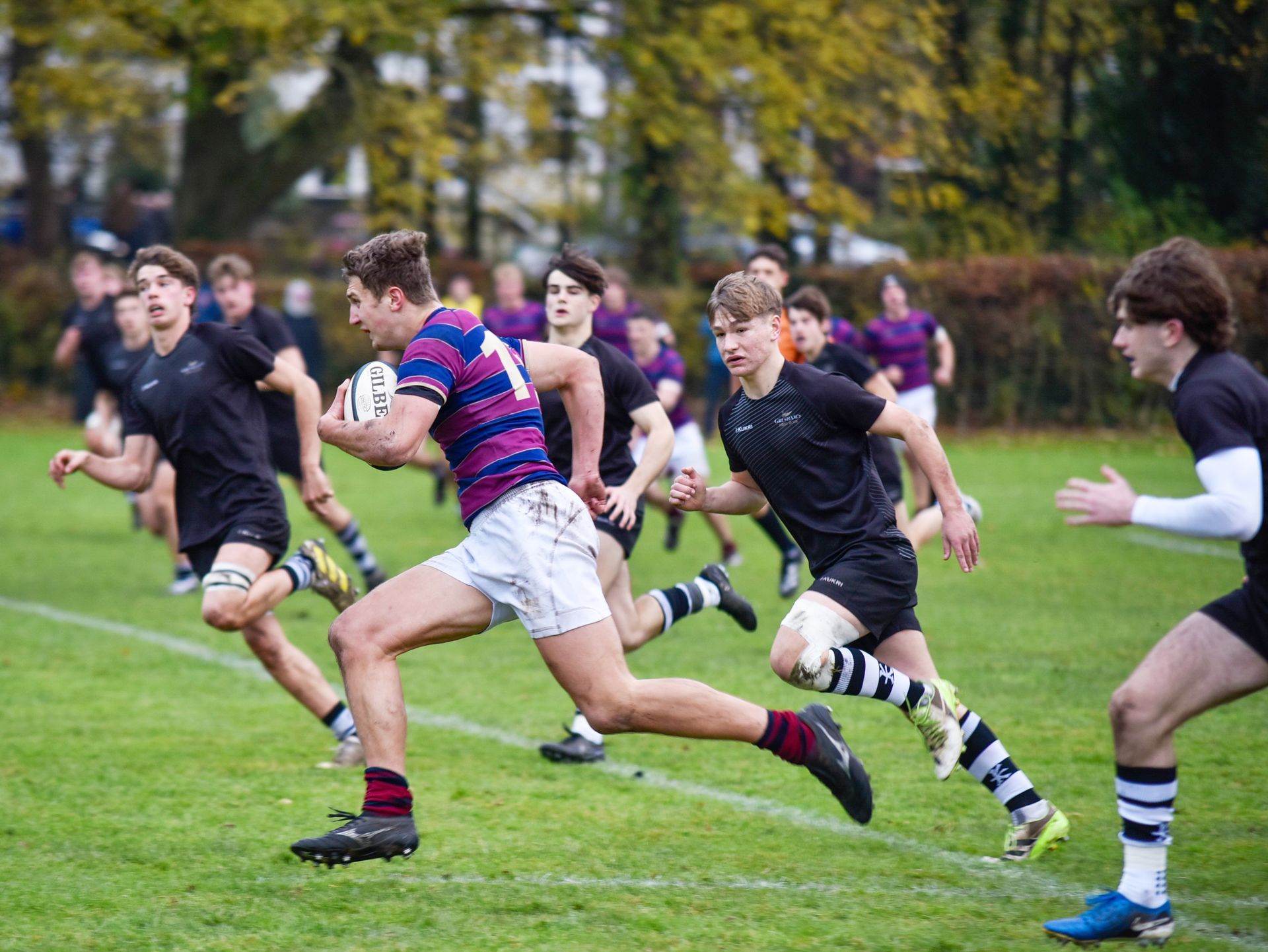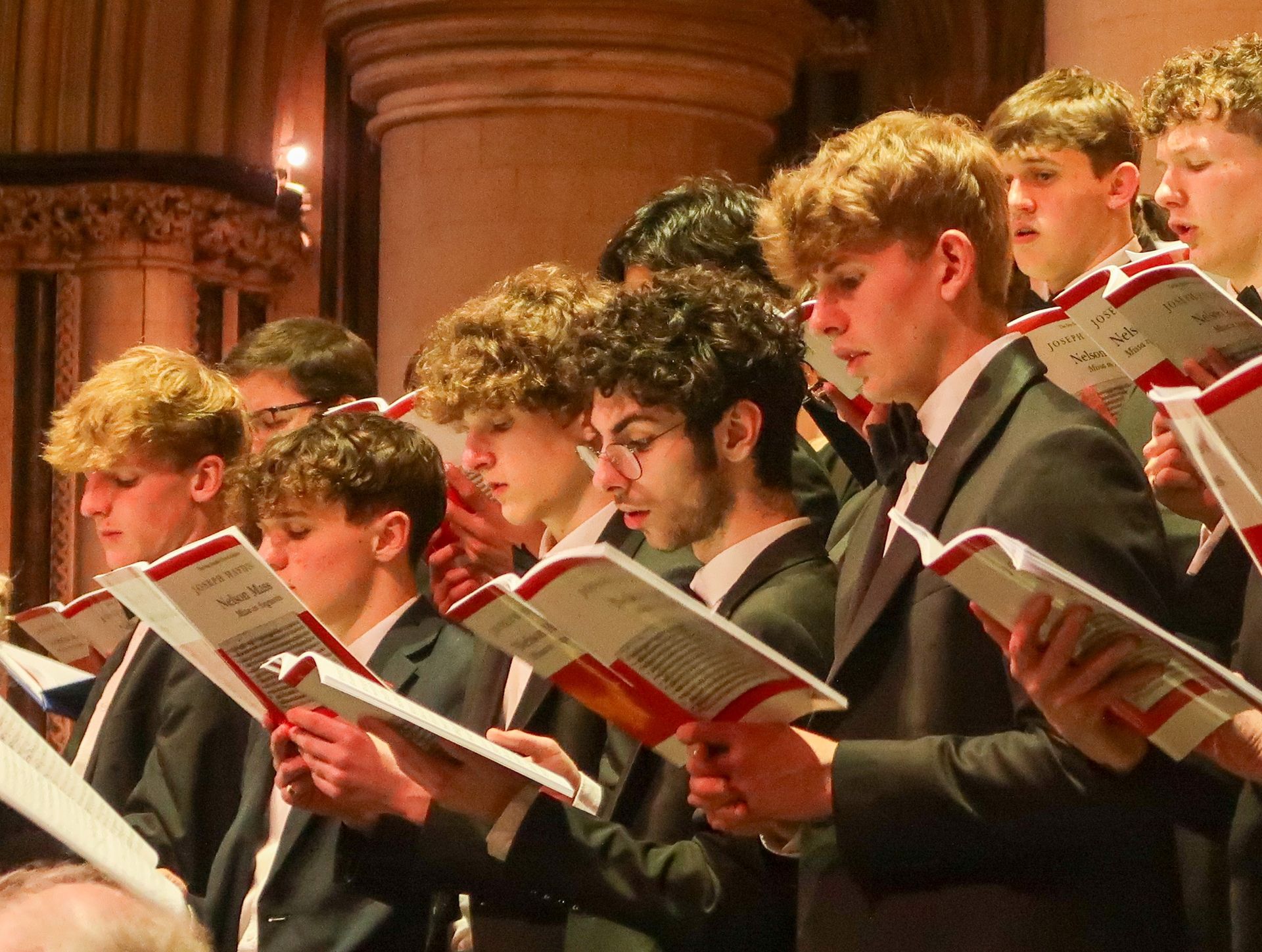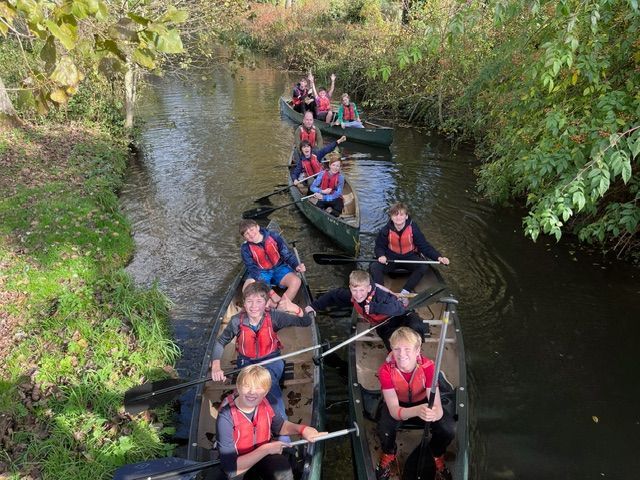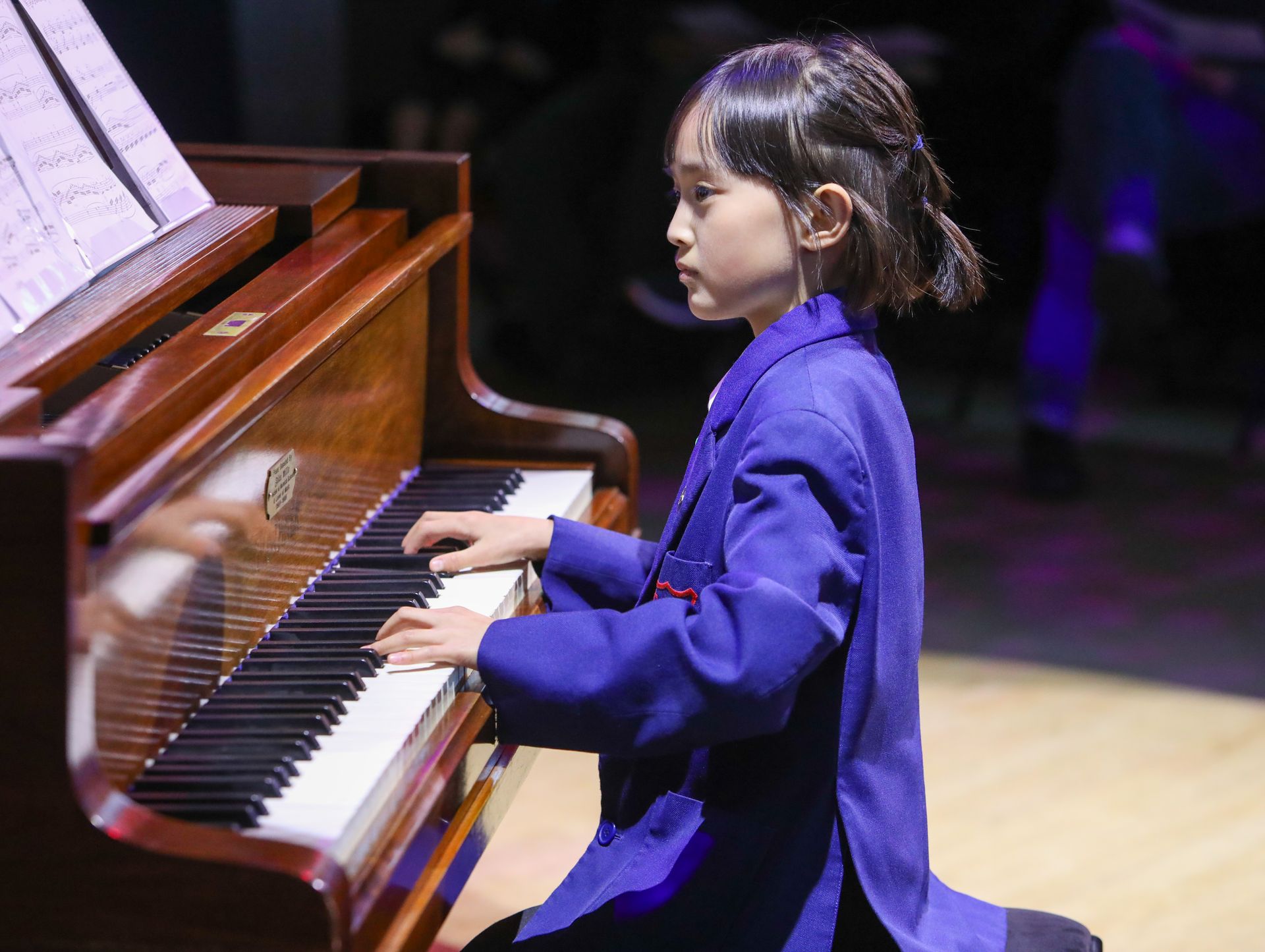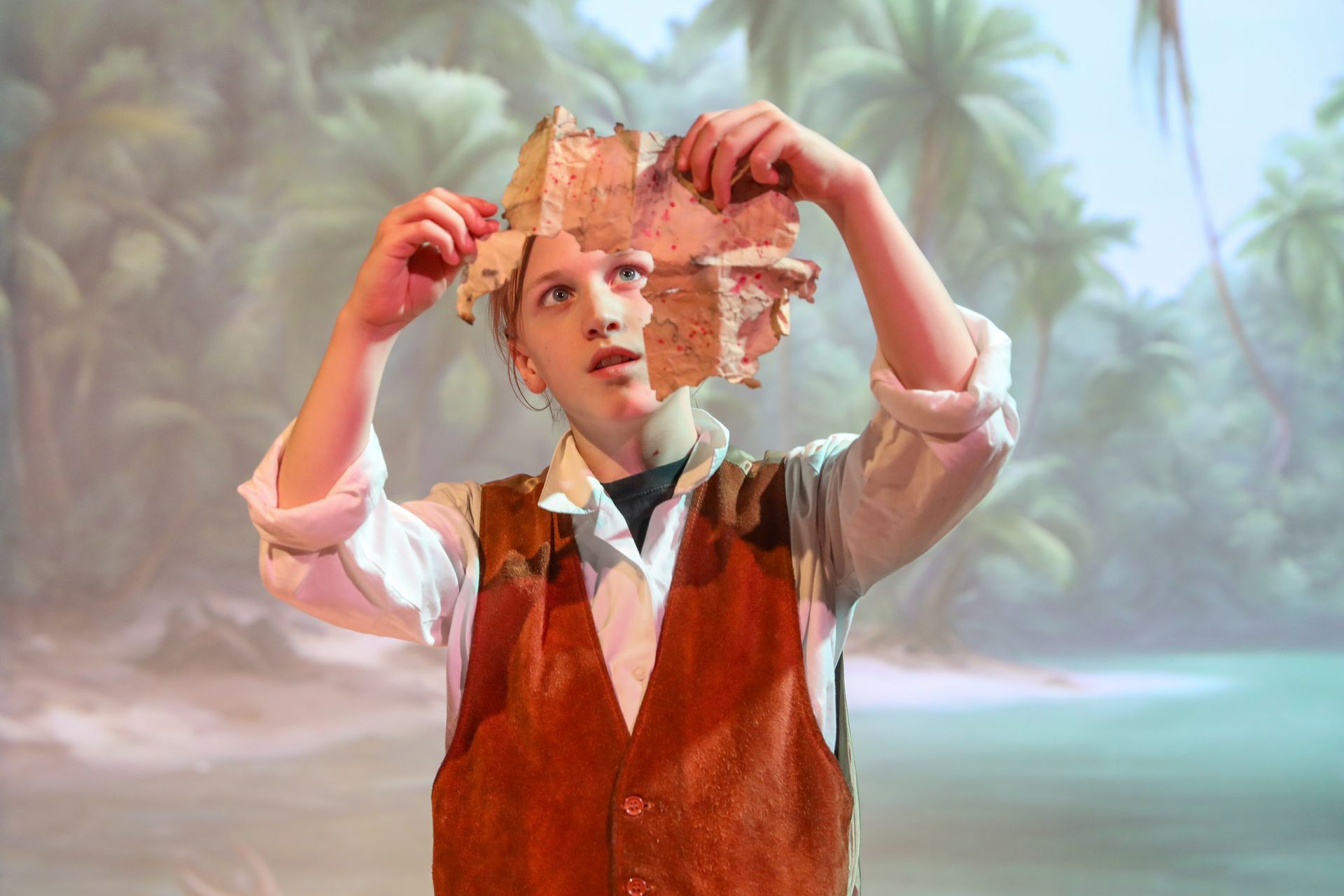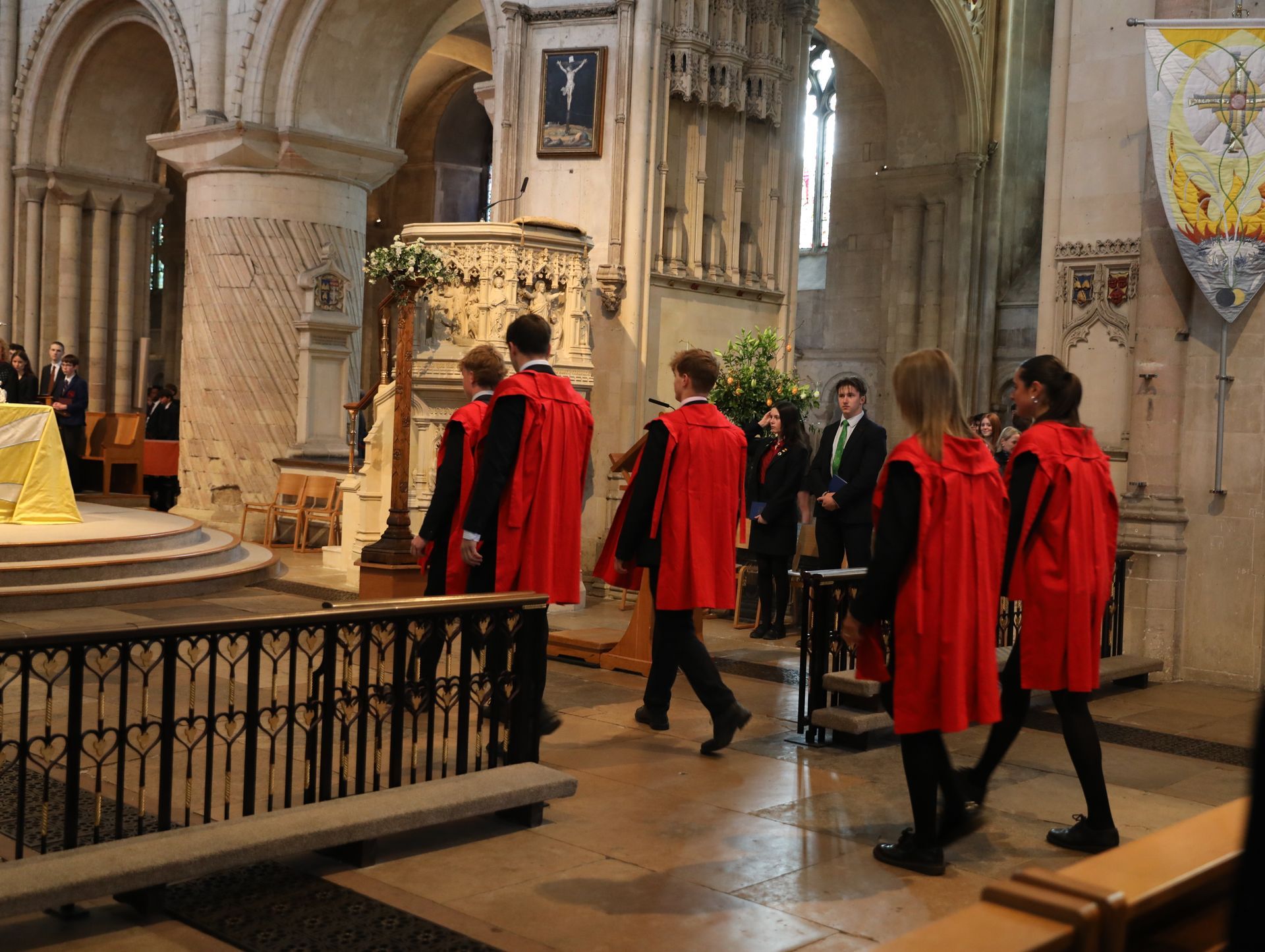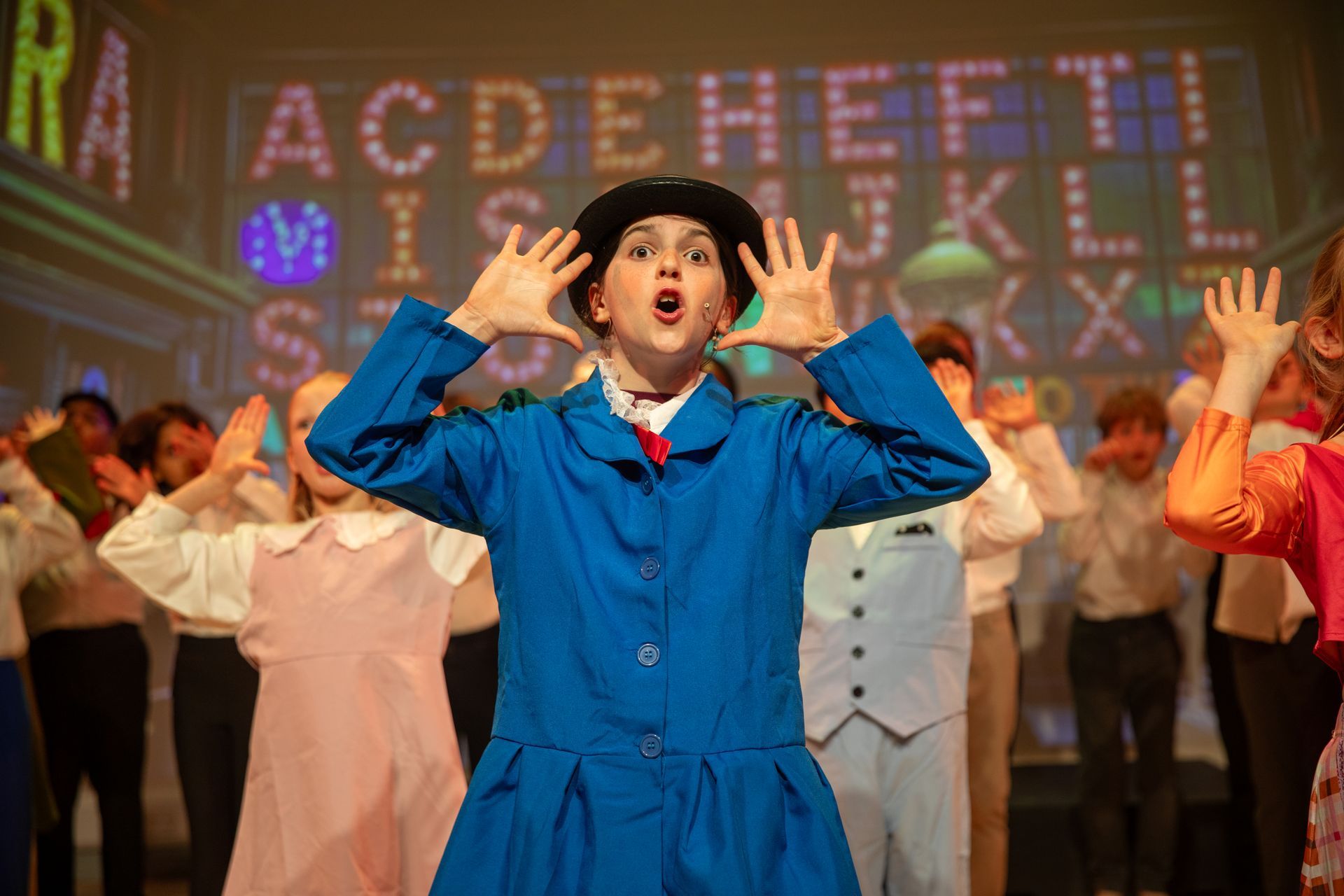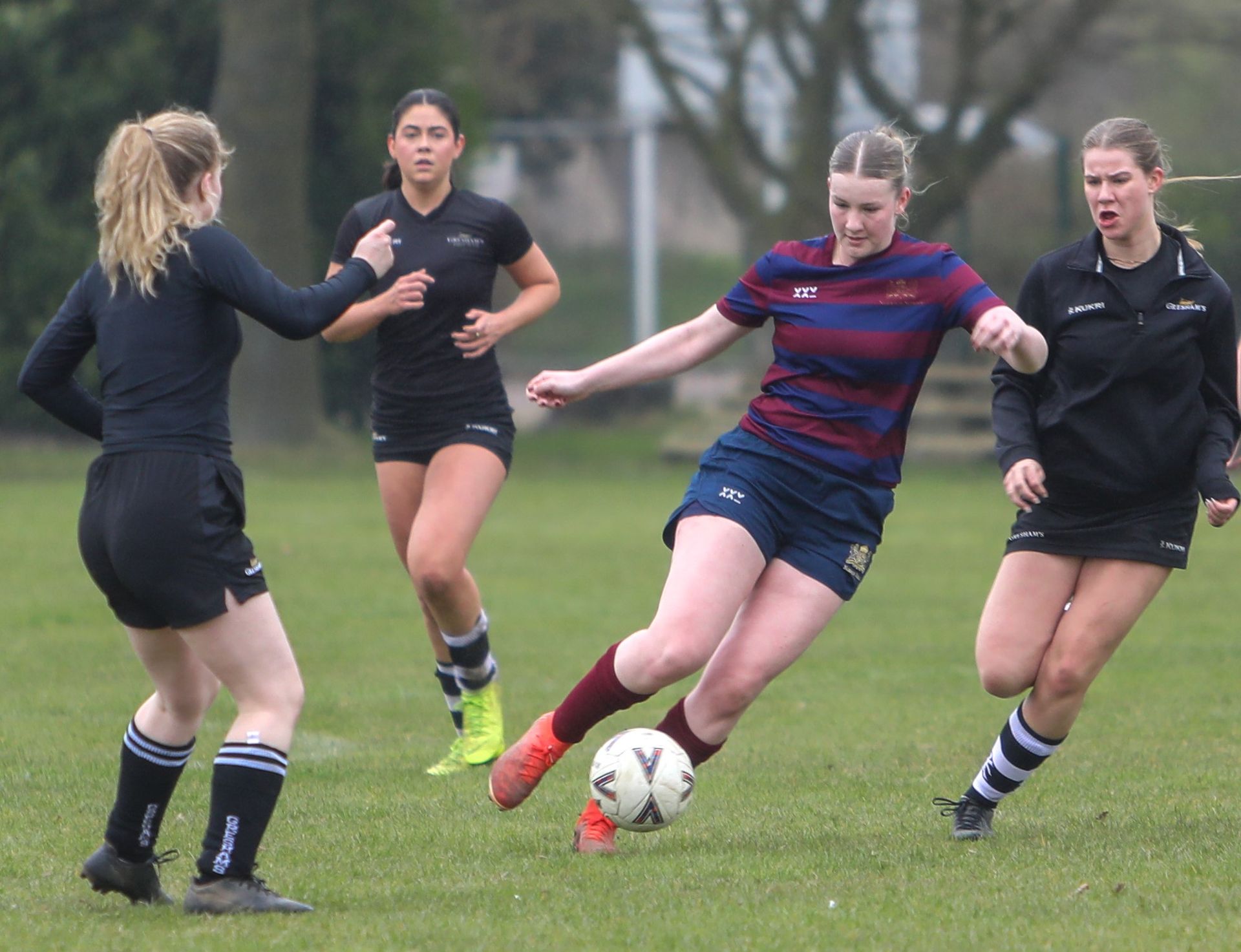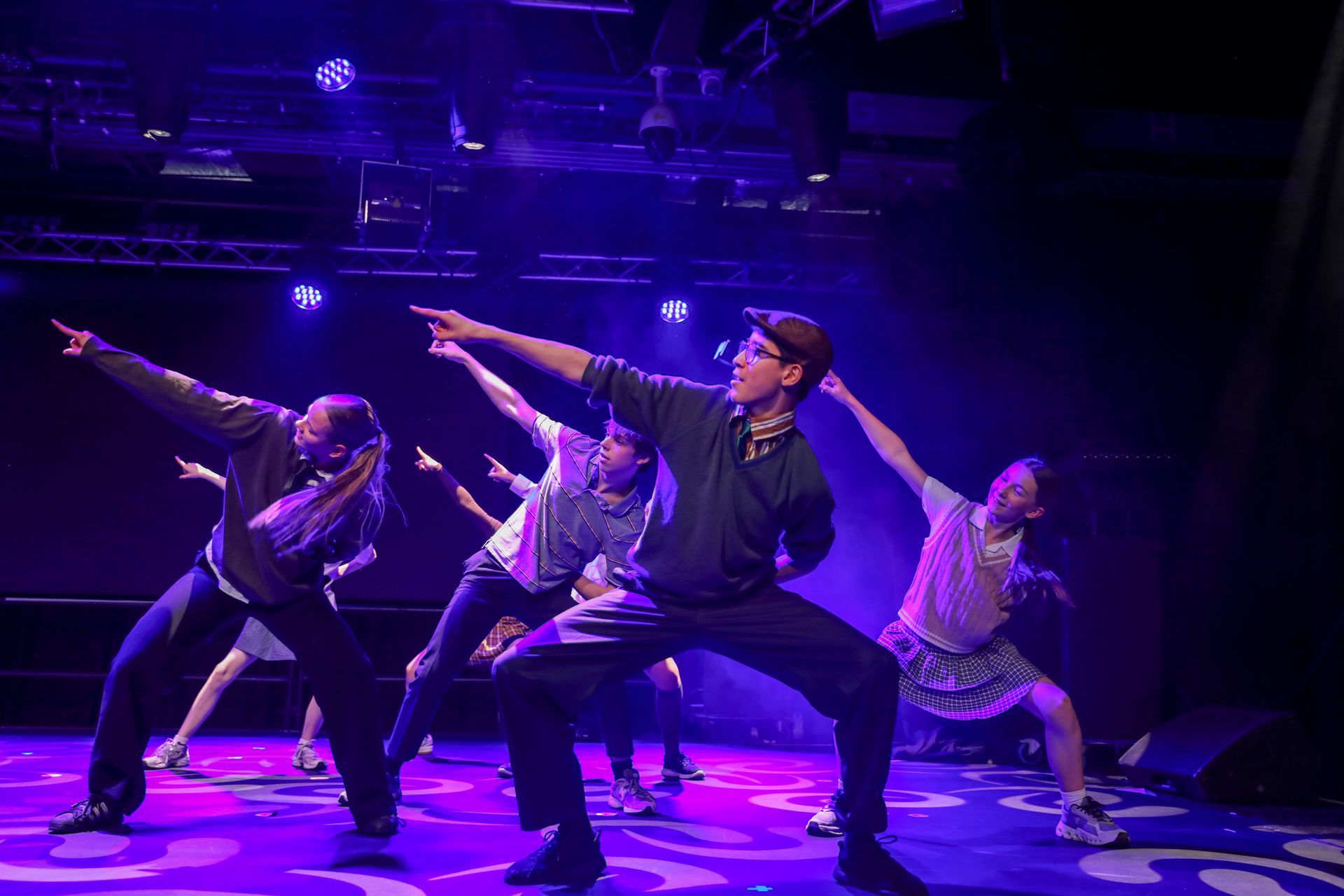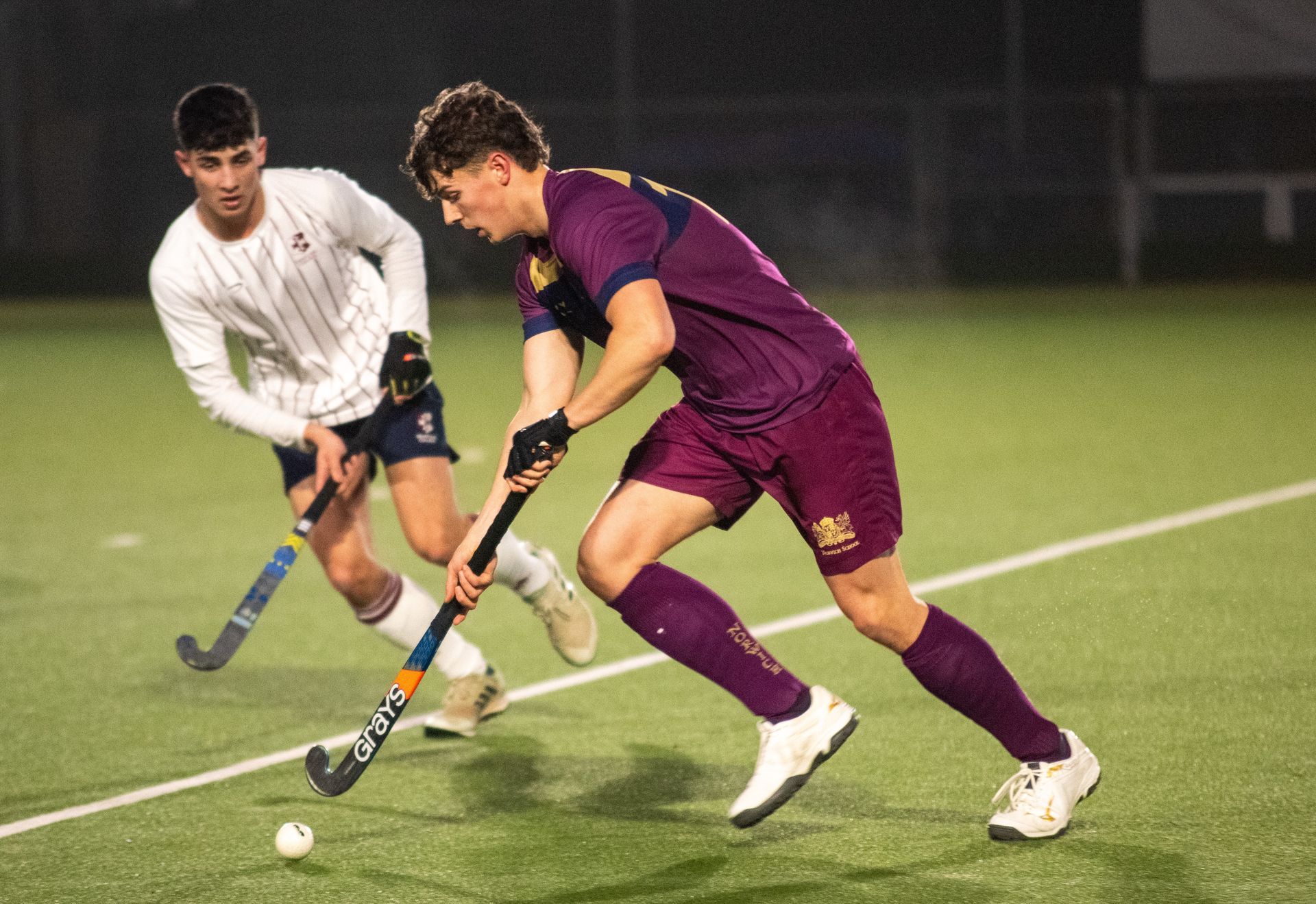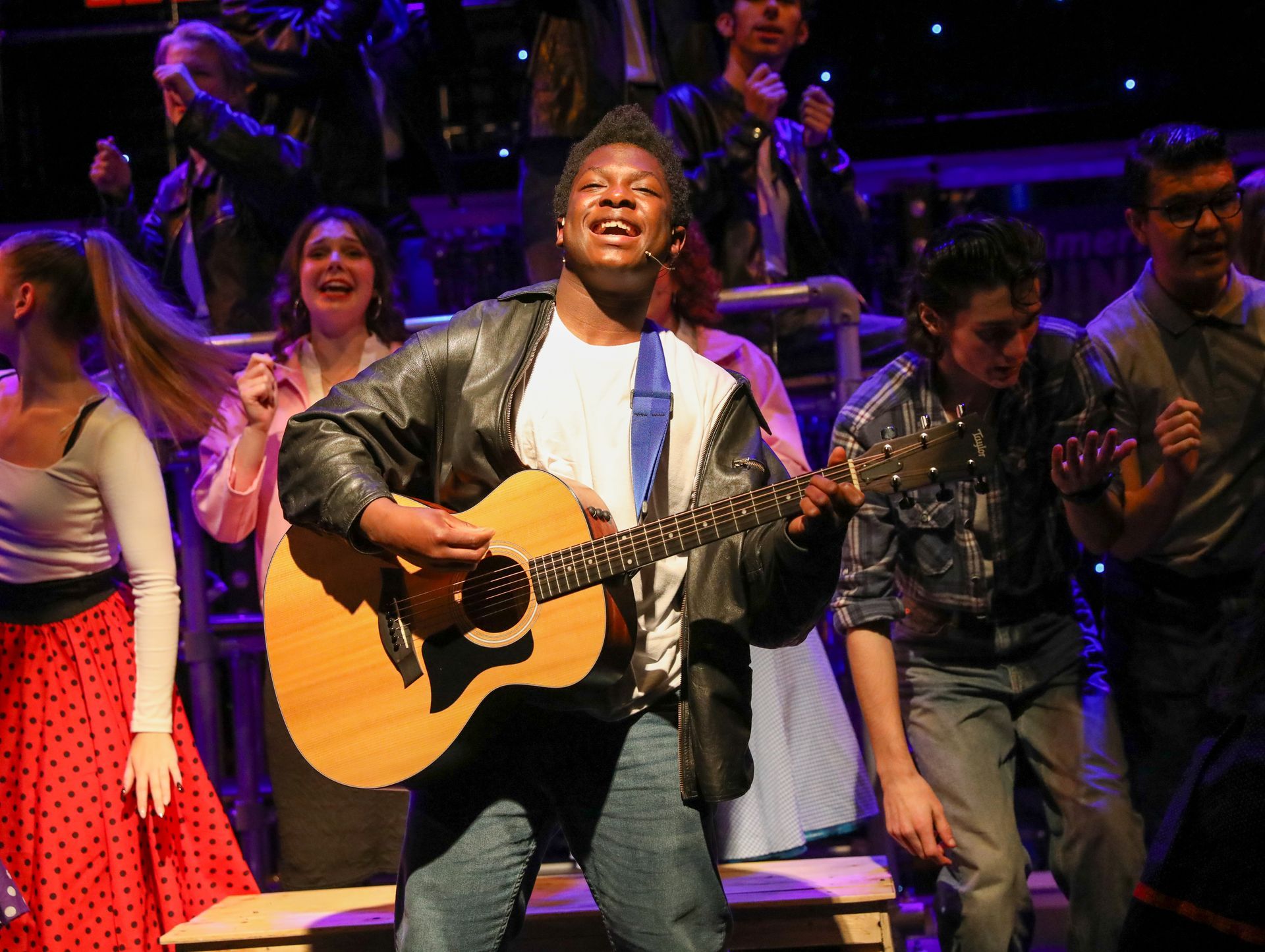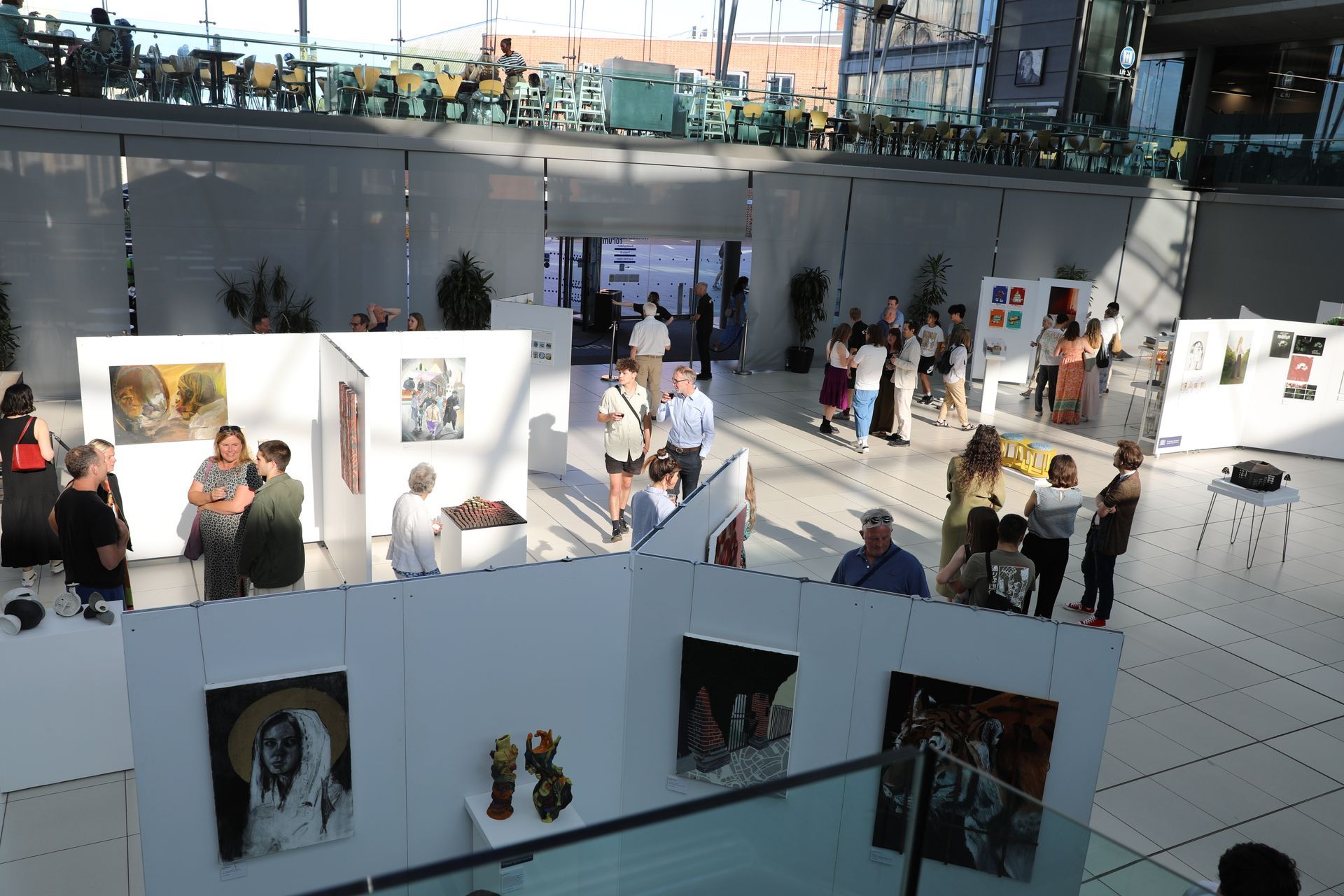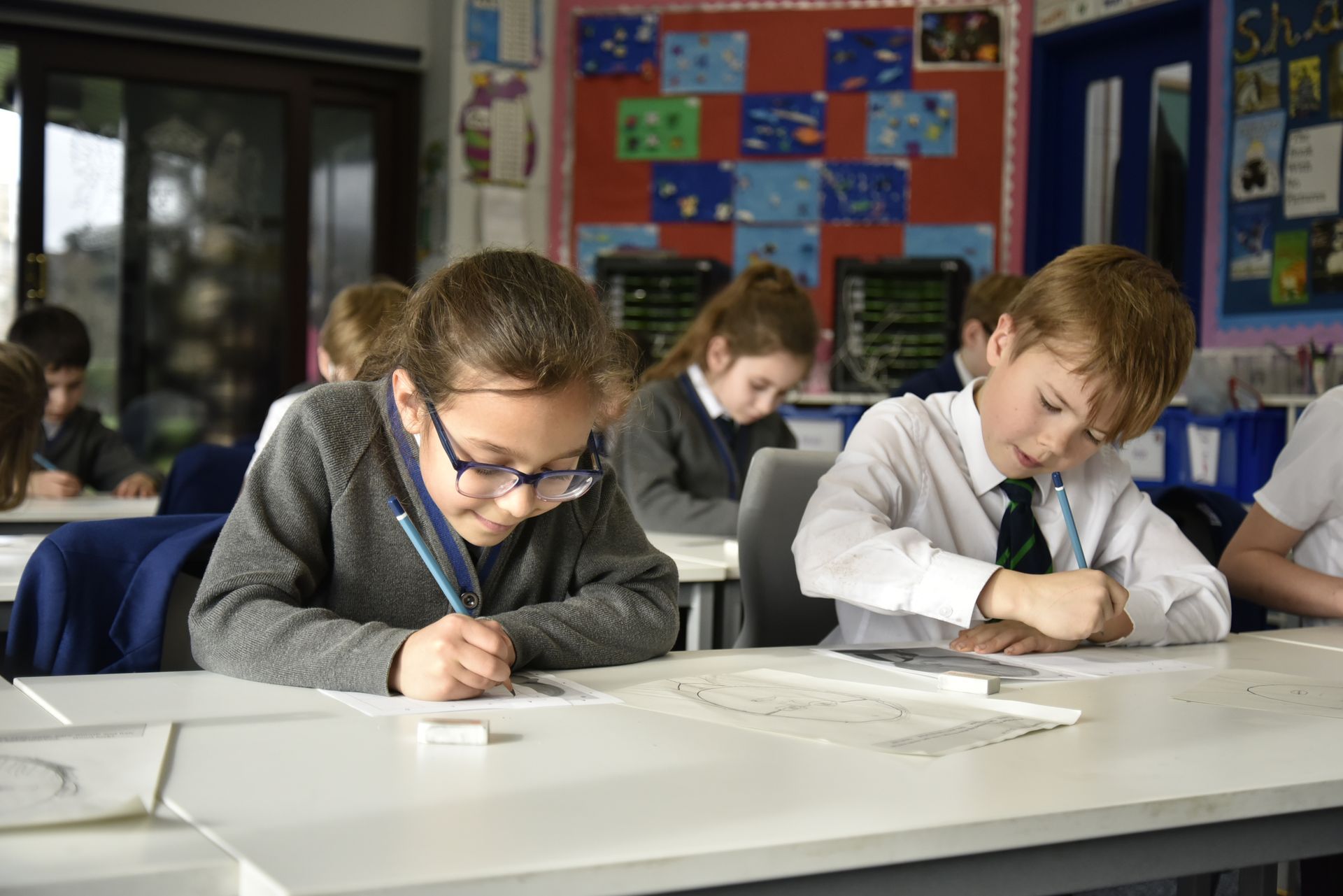By Eleanor Lewis
•
January 29, 2026
When pupils leave Norwich School, they reflect on the wonderful community in the Close, the teachers who supported them along the way, the friendships they made. However, in recent years as we look at the quotes of Upper 6 leavers, there seems to be a theme in what they'll miss - the food! To celebrate the work of our incredible catering staff we decided to ask Gareth Parry, Thomas Franks General Manager, a few questions... What does a day in your life look like? A typical day - Arriving in the morning and receiving a mountain of orders before the pupils are on site. Breakfast is freshly prepared and served from 7:45am to 8:45am. Chefs are busy prepping for the lunch ahead that day whilst front of house staff are getting the break time snacks ready and freshly preparing sandwiches etc. Lunch is served between 12pm and 1:55pm, then we clear everything down ready to start again the next day! There are various functions on throughout the week for which we might provide simply tea and coffee, buffet lunches or a three course sit down meal, it really varies from day to day. On average, how many meals are served at Norwich School in a day? On an average day we feed something in the region of 1250 meals for lunch. This can rise dramatically if we have functions on throughout the day and evening. What goes into planning a school menu? We proudly take time and effort to explore a variety of dishes from around the world, with a focus on nutrition. We have to consider catering for various age ranges from 4 to 18 and also consider a whole variety of dietary requirements. Finally we ultimately have to look at cost and keeping to a budget without compromising the culinary experience. What time does your day start and end? We have chefs on site from 6am, sometimes earlier! I am often the last to leave on a typical day without functions at 6pm. If we have a meal on in the evening, this can even run until midnight to clear up. What is the best part of your job? We certainly enjoy the creative side of cooking and providing hospitality to the masses and it is pleasing to educate people through food where we can. There is also the rush of lunch service which is fast and frantic, this keeps us on our toes and certainly makes time pass quickly! How does your work help pupils get the best out of their school day? We hope that the pupils look forward to coming into lunch for a tasty, well balanced, nutritional meal which helps fuel the body as well as the brain What is the most popular dish with pupils? Katsu Chicken Curry, it has been a staple on our menu for many years. Any fun facts for us? On a busy day we can clock up 40,000 steps each. Our average step count is 20,000 for the day. We use over 150kg of flour a week just to bake bread and make desserts for lunch time. Last year we cooked over 10,000 sausage rolls! In an academic year we serve over 4000kg of pasta at lunch times which is 4 metric tons! If your job had a theme song, what would it be? Food, glorious, food from Oliver!
